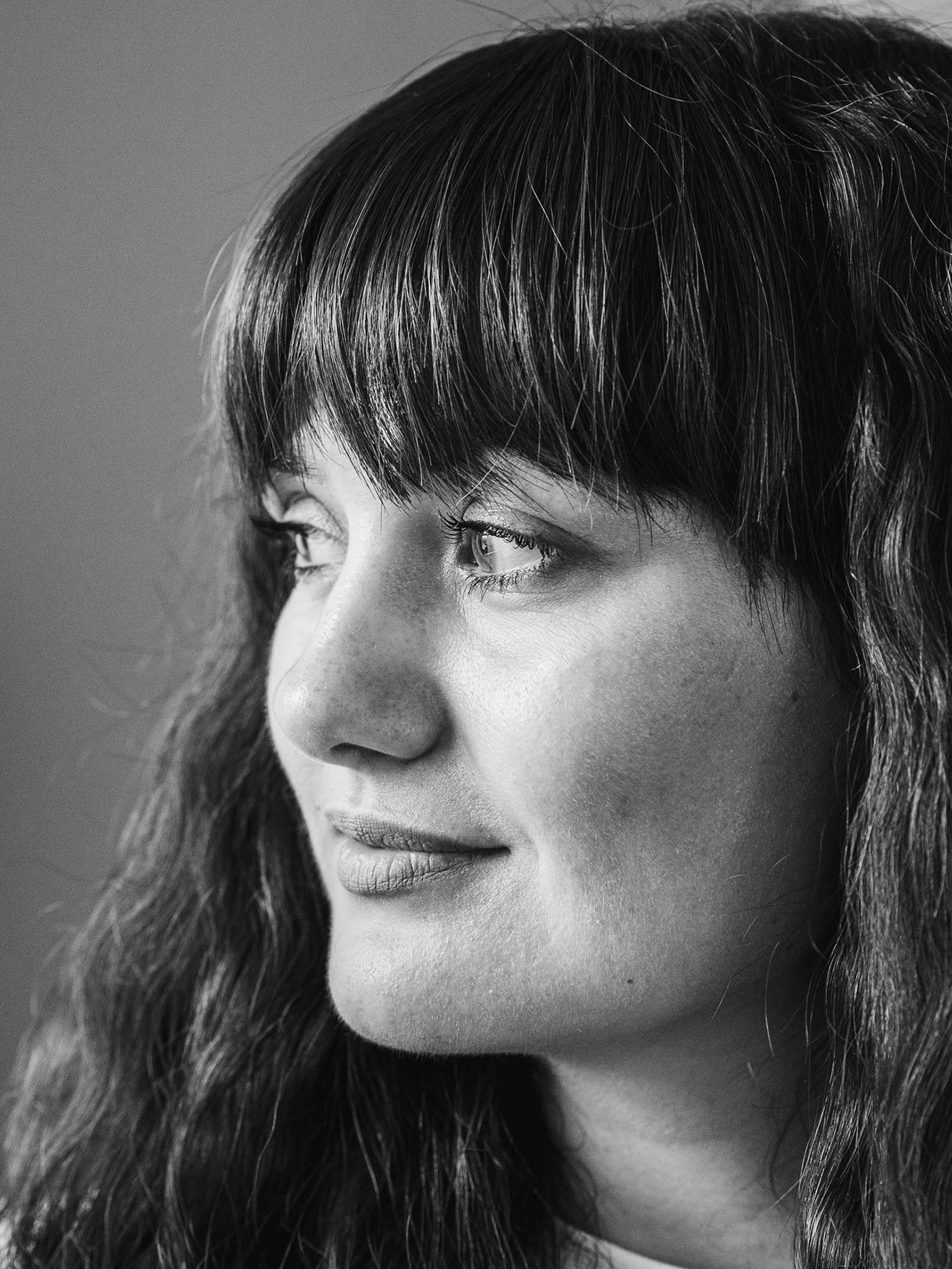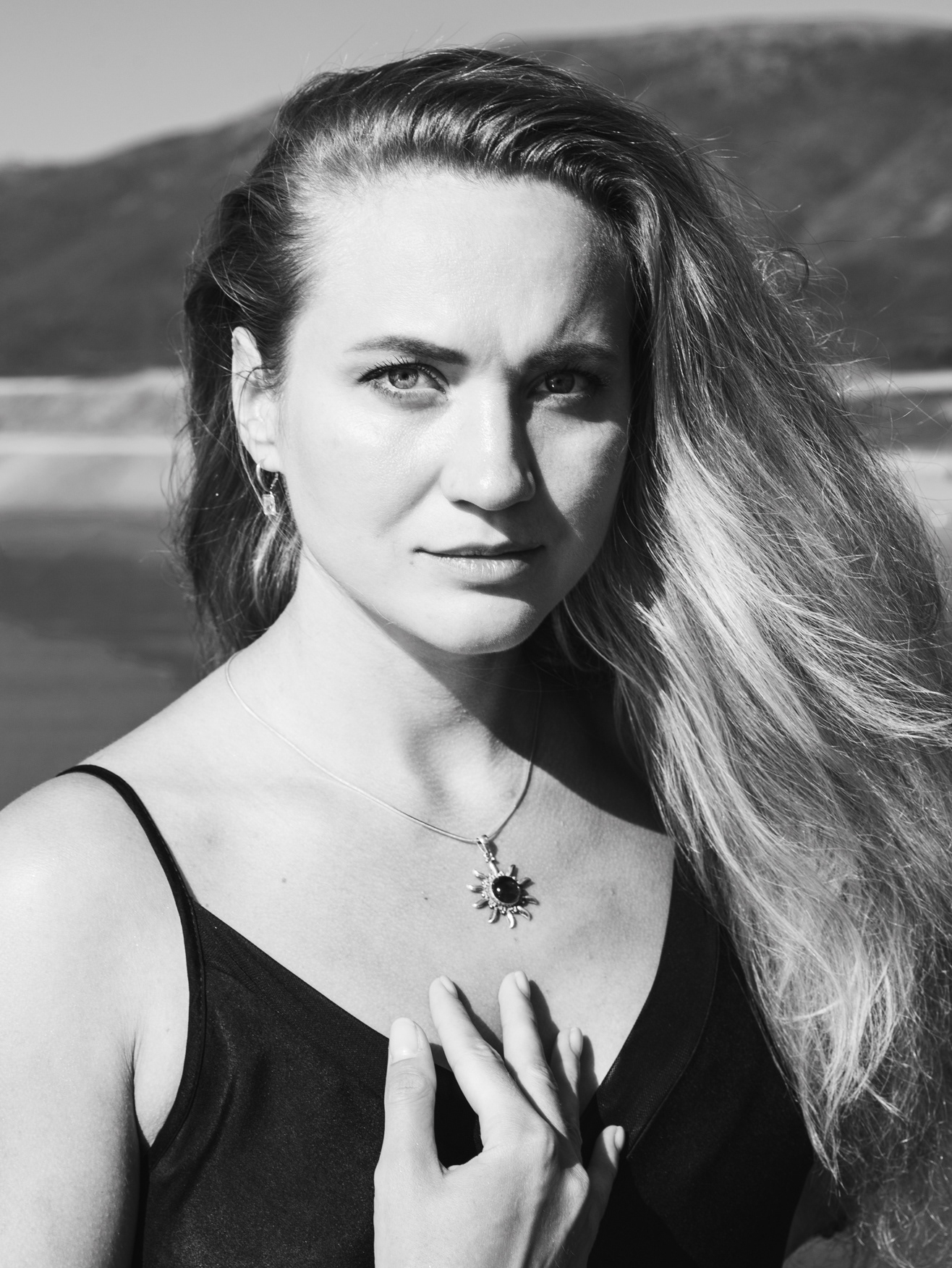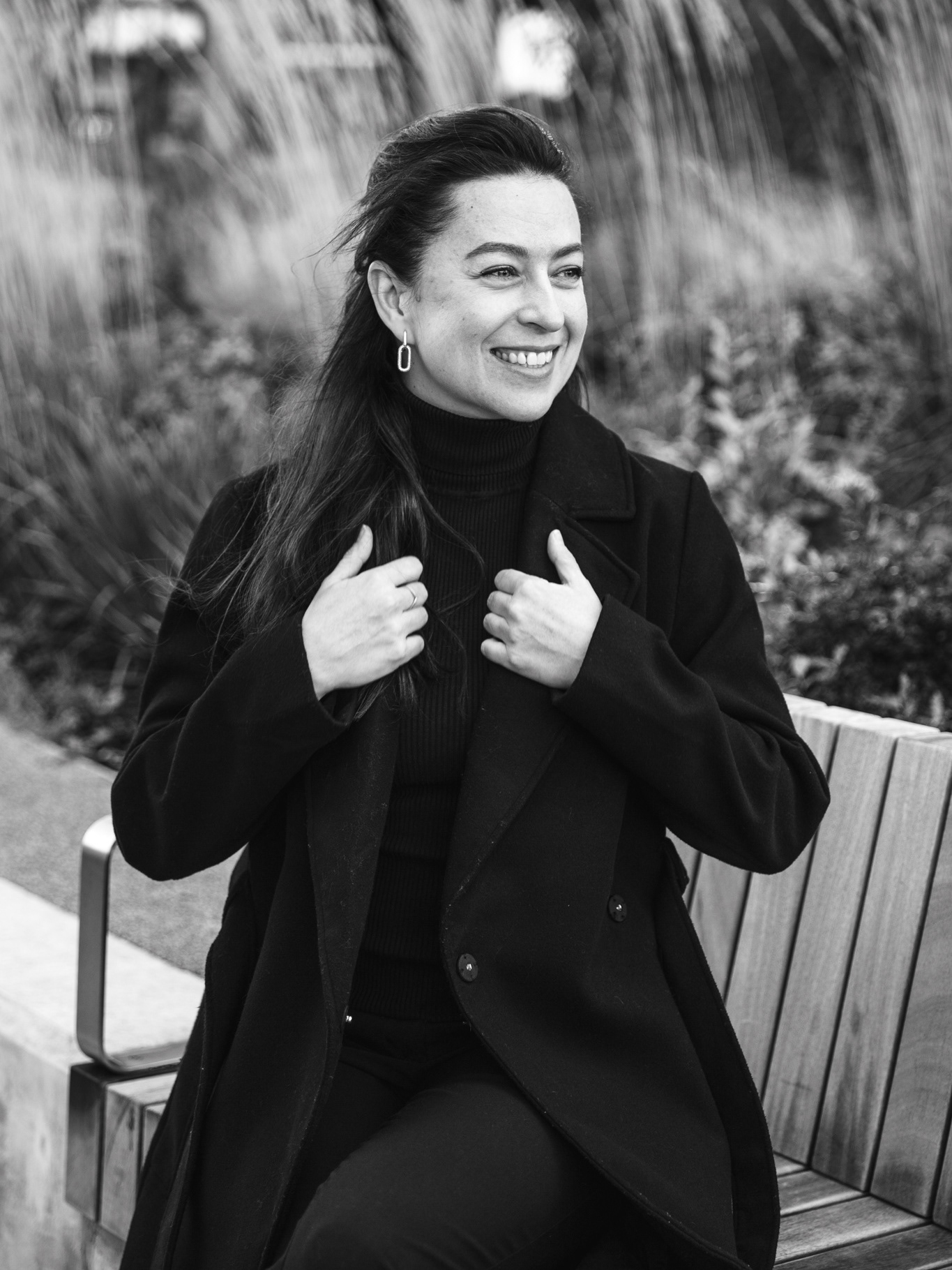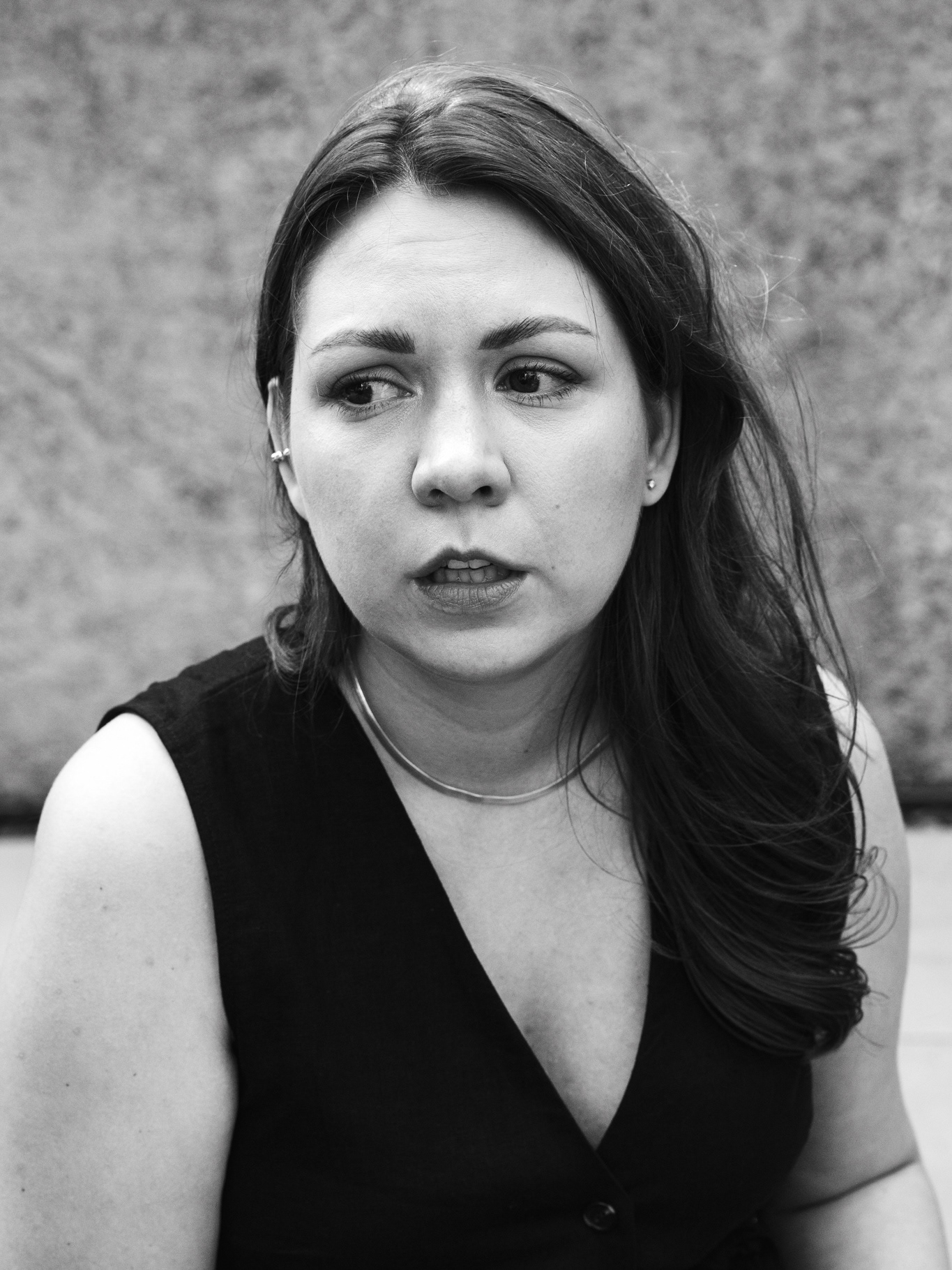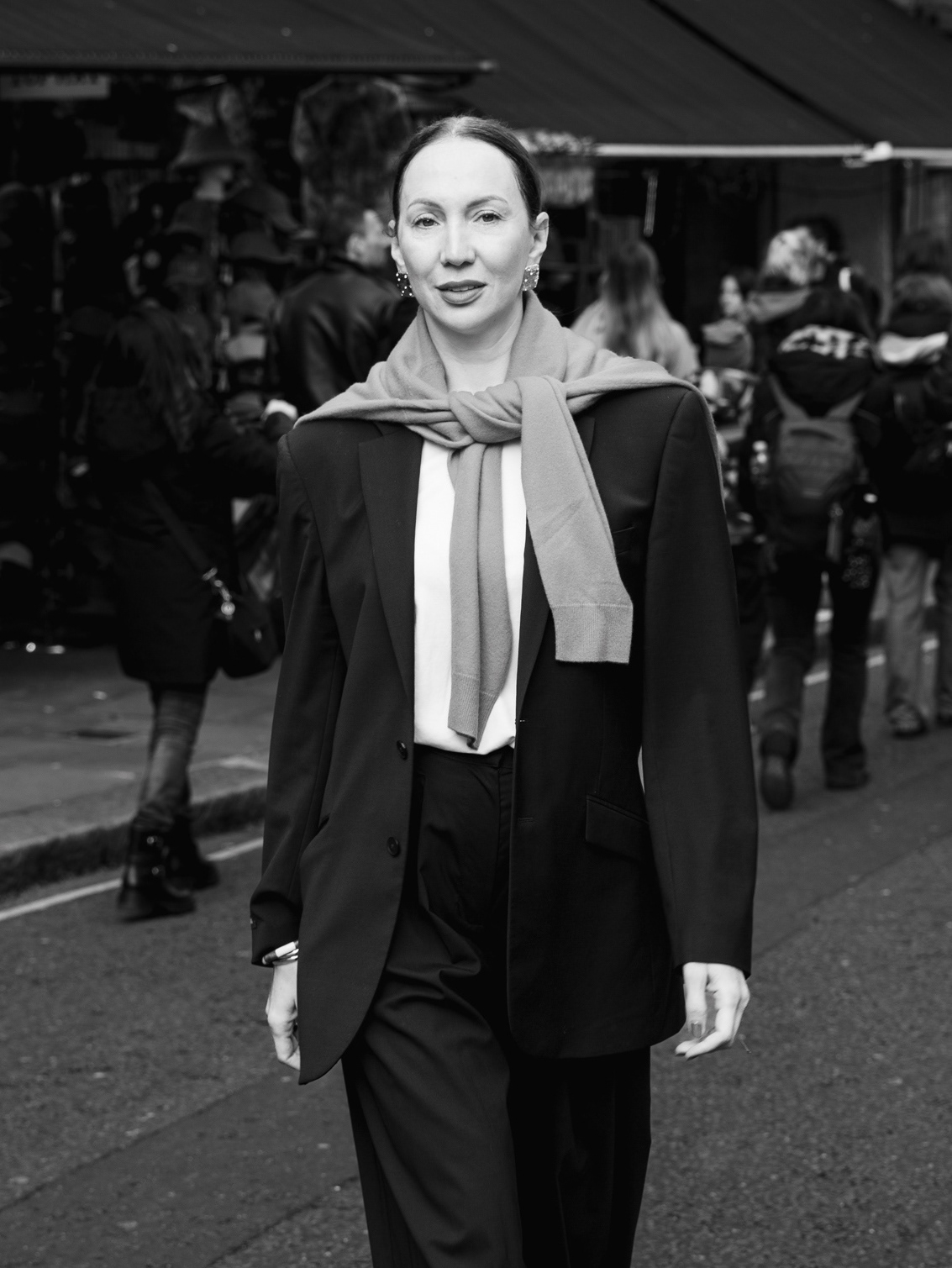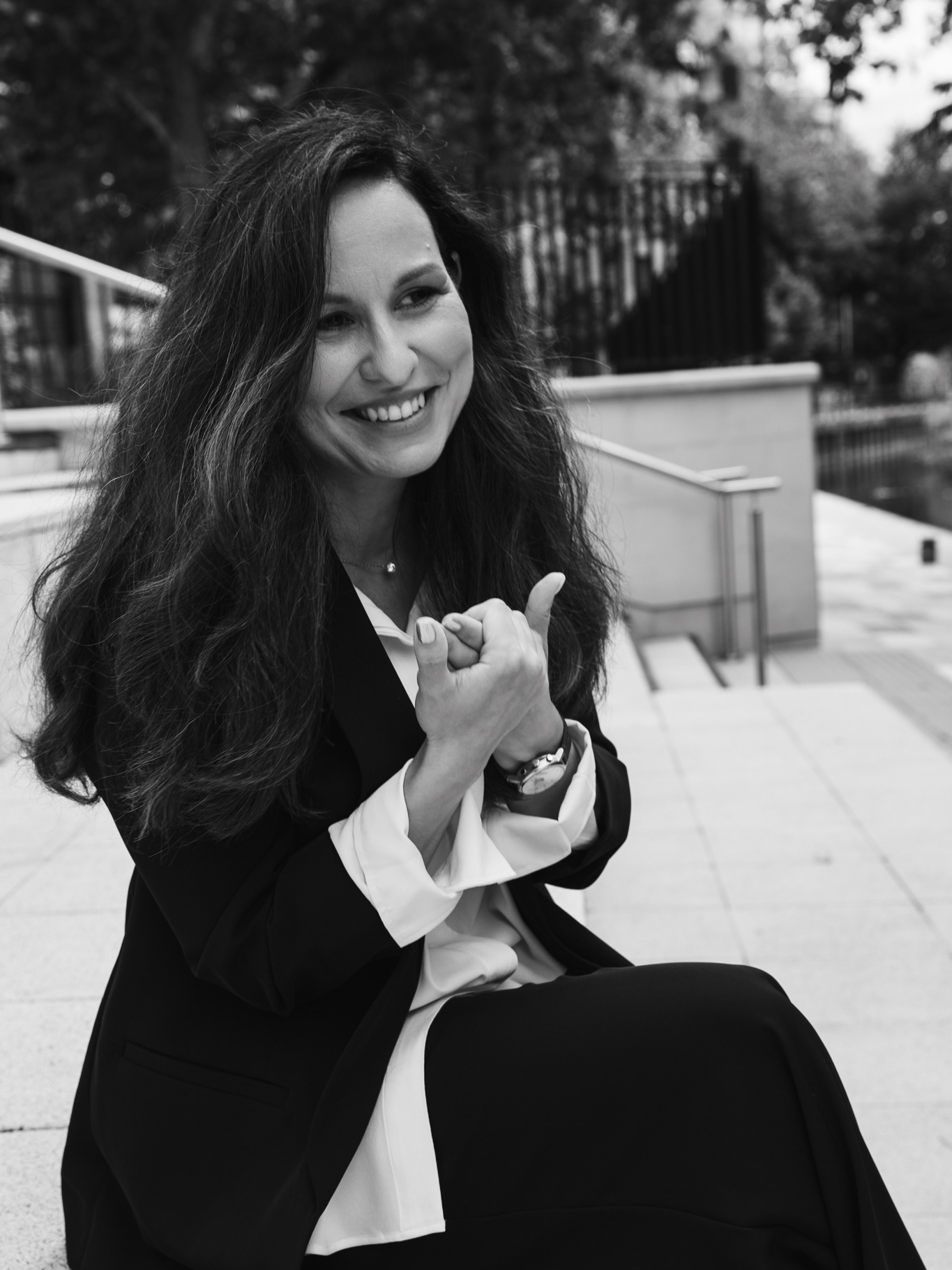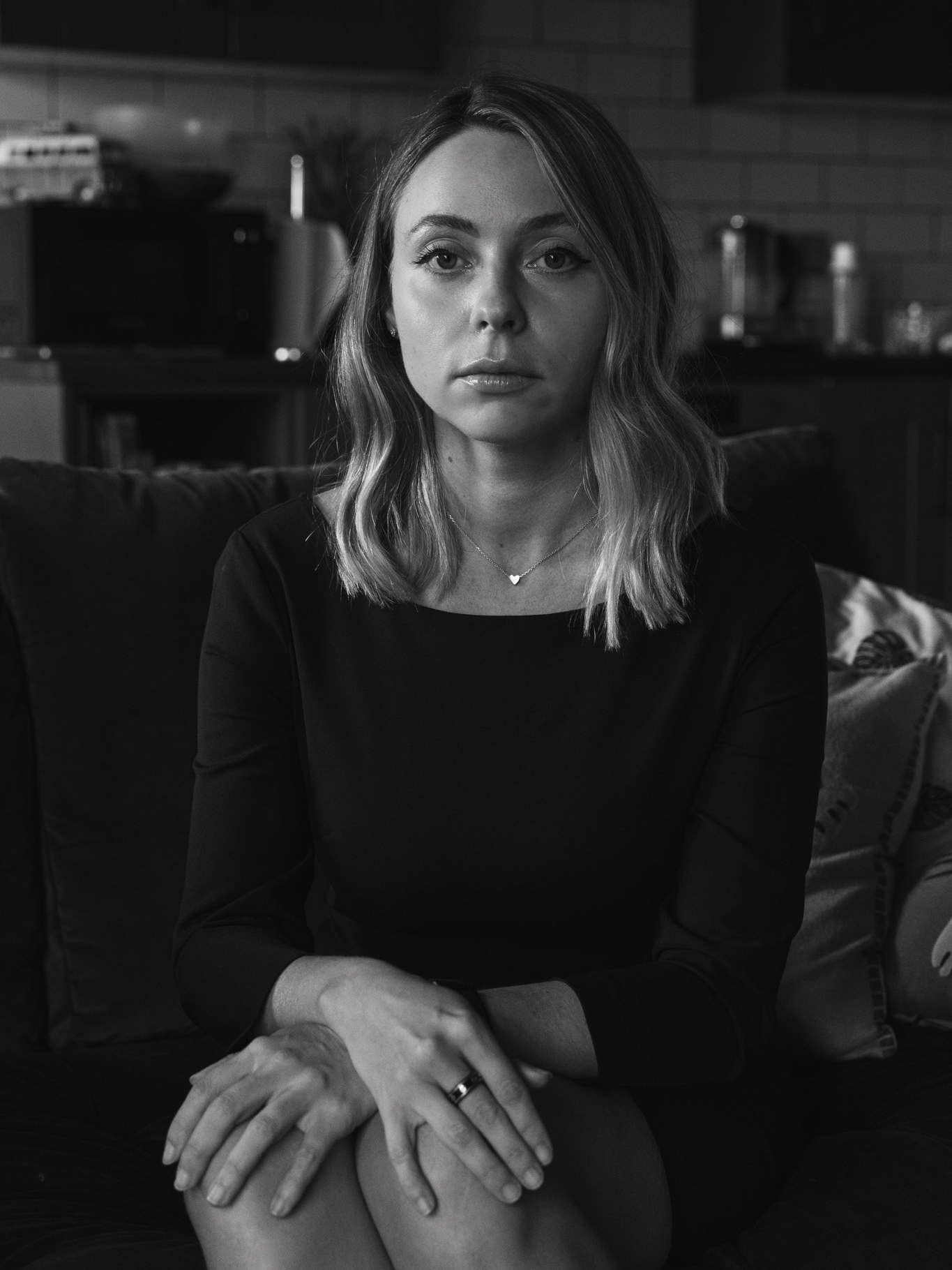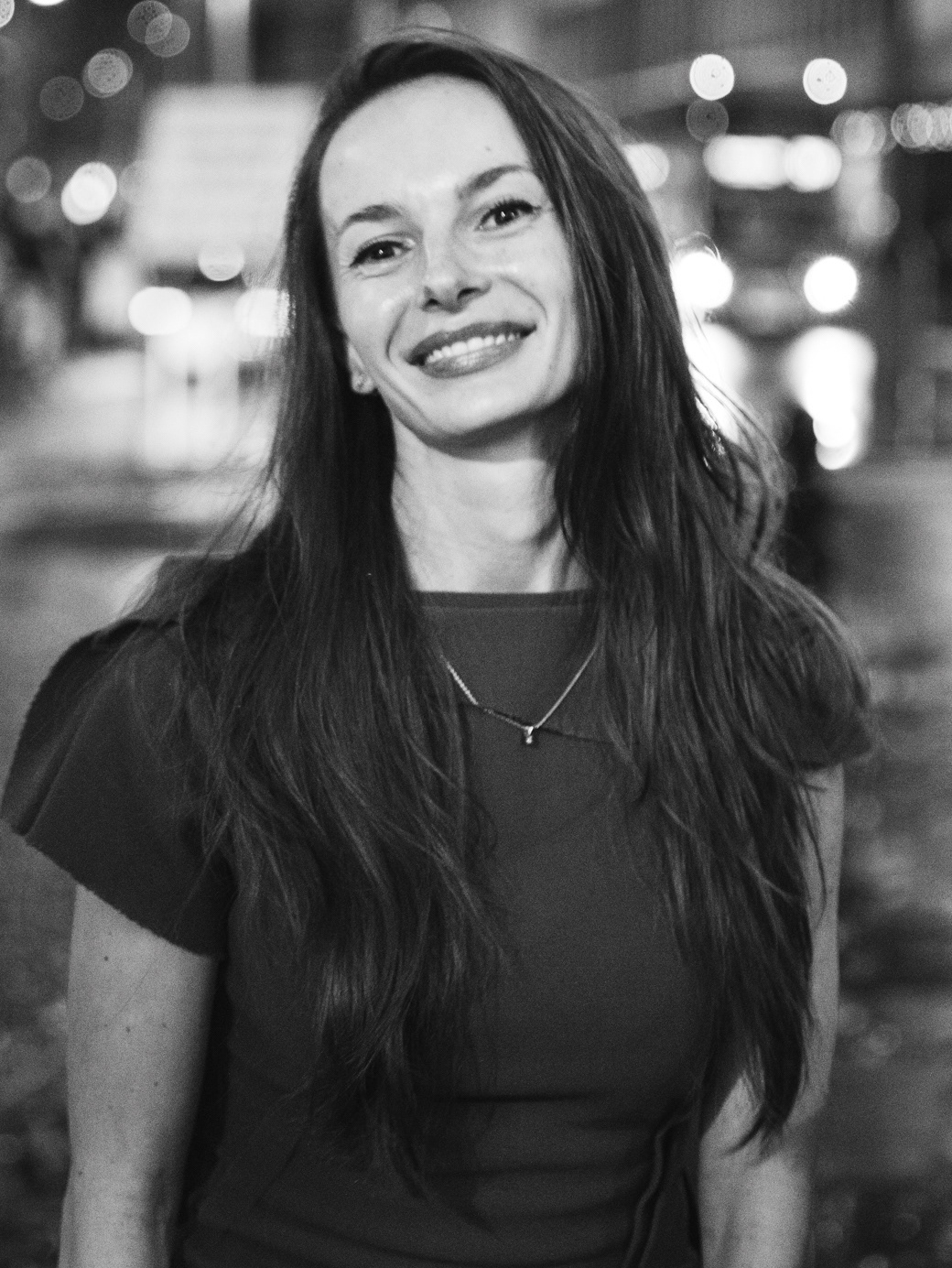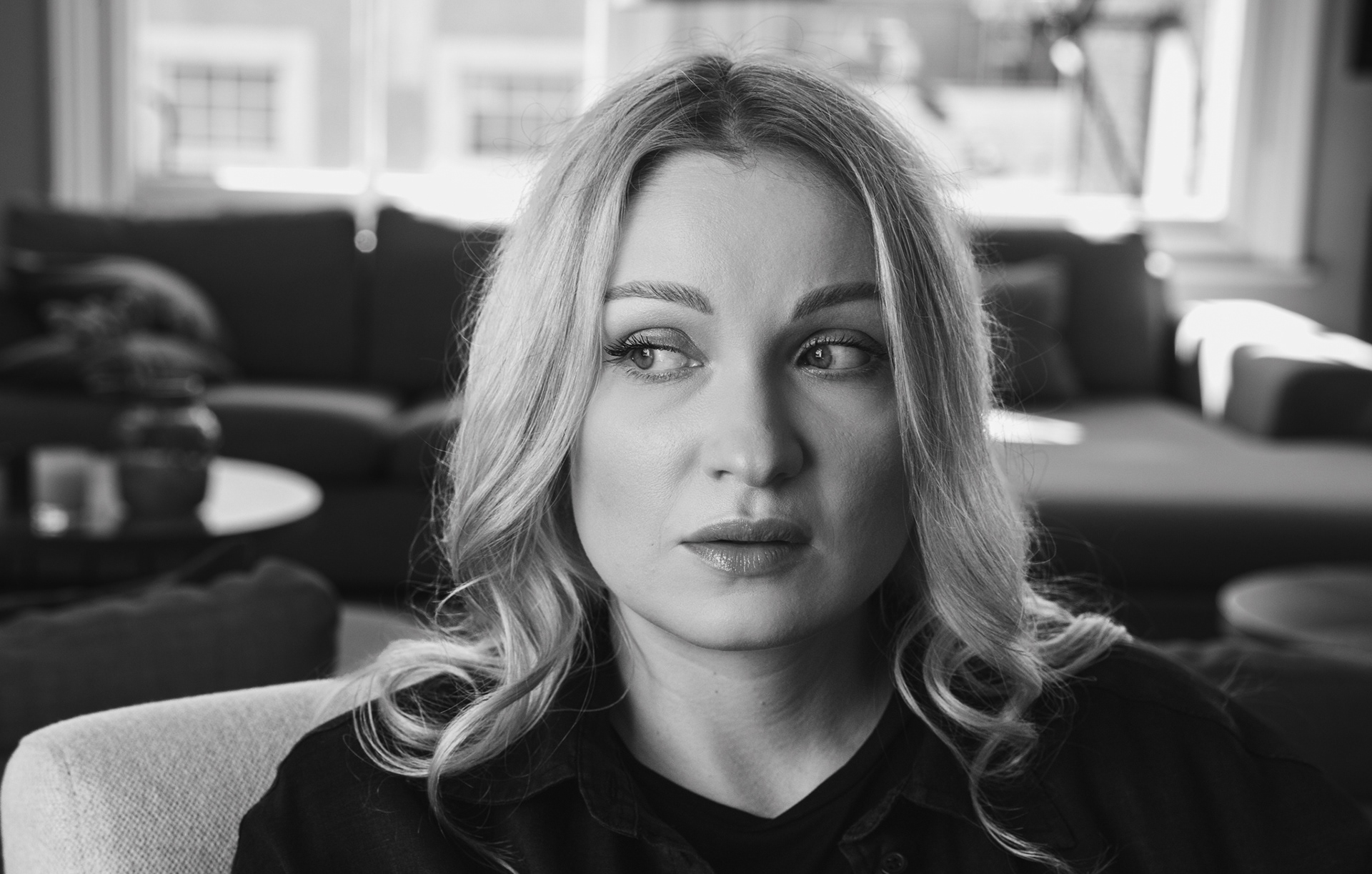
February 24 – the day life split in two
At 5 a.m., Dasha was woken up by a phone call. It was her mother: “Dasha, wake up. The war has started...”
Those words struck like thunder and forever split life into “before” and “after.” In just a few minutes, Dasha was no longer the same young woman from Kyiv who had been planning a regular workday; she became someone who had to protect herself and her loved ones.
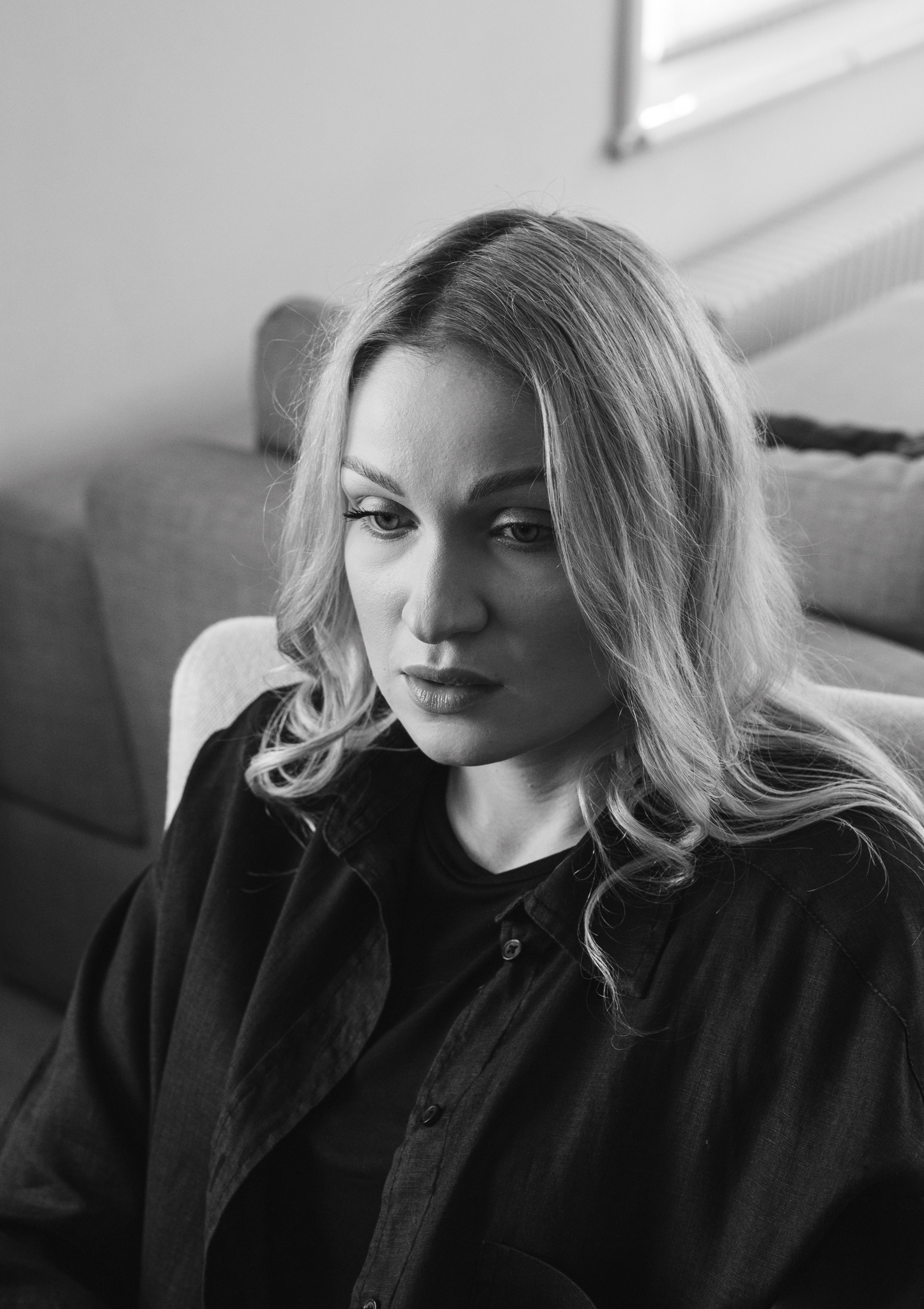
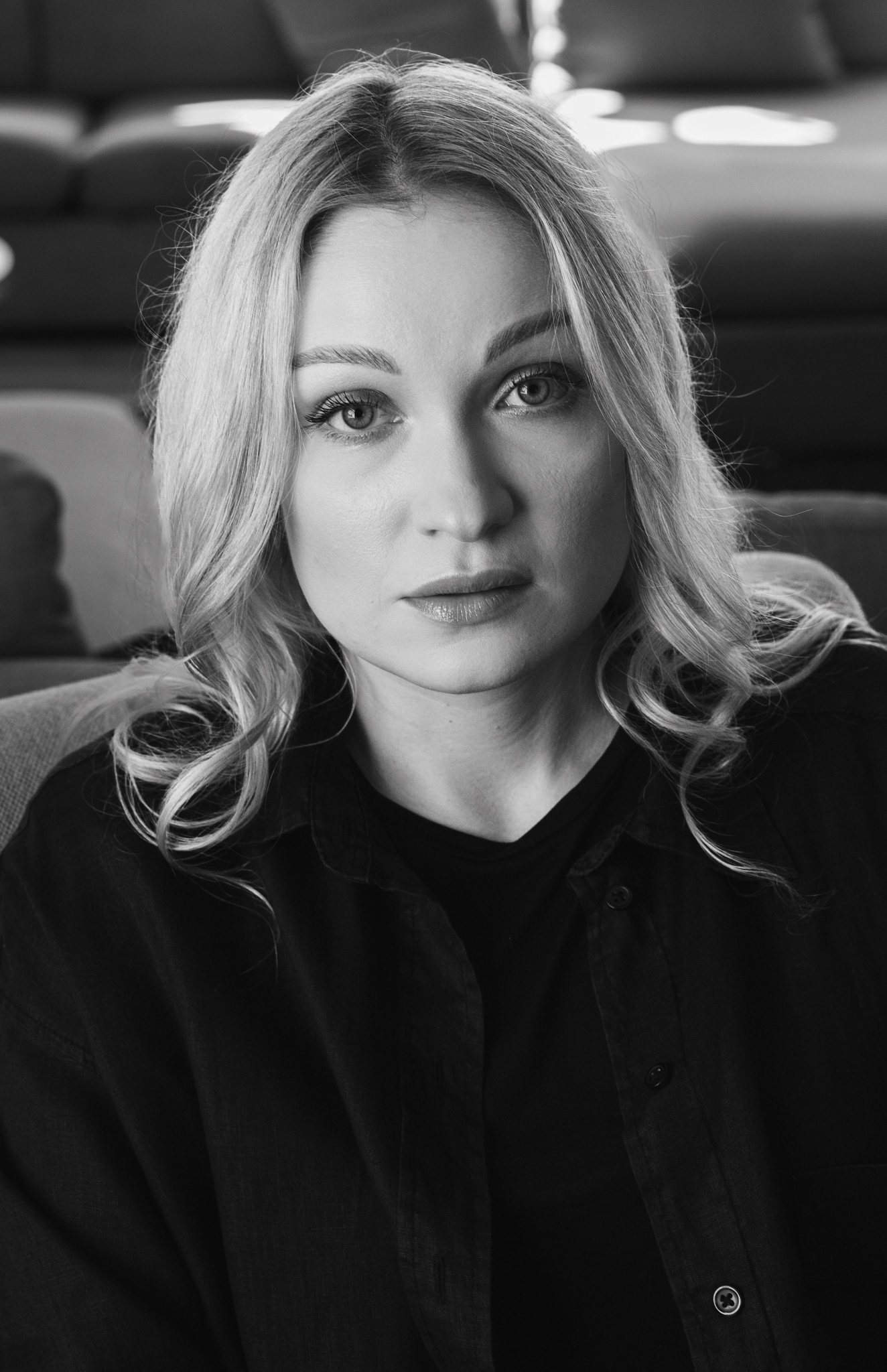
The First Hours: Panic, Traffic, and a Cold Decision
Dasha recalls that, in that moment, she was surprisingly composed, while her boyfriend completely fell apart. “There was no plan. To be honest, I’m still surprised at how I pulled myself together. I just acted instinctively, but it turned out to be the right thing,” she says.
They couldn't get out of Kyiv on the first day. The city was drowning in traffic and panic. But this delay, as it turned out, saved their lives. They soon learned about the danger on the Zhytomyr highway, where there were already tanks and shootings.
“I called relatives, friends, urging them to leave together. But no one believed it would last long. Everyone was more afraid of change than of the danger itself,” she remembers bitterly.
On the second day of the war, Dasha and her boyfriend headed west. Two sleepless days, endless traffic, and a constant stream of terrifying news, and finally, they reached the Ivano-Frankivsk region. There, she was taken in by colleagues she had never met before. They worked in another department but didn’t hesitate to offer help. Her parents, however, stayed behind in Kyiv. They couldn't bring themselves to leave, clinging to the familiar and convincing themselves that “this is just a provocation” and “it’ll all be over soon.”But it didn’t end soon.
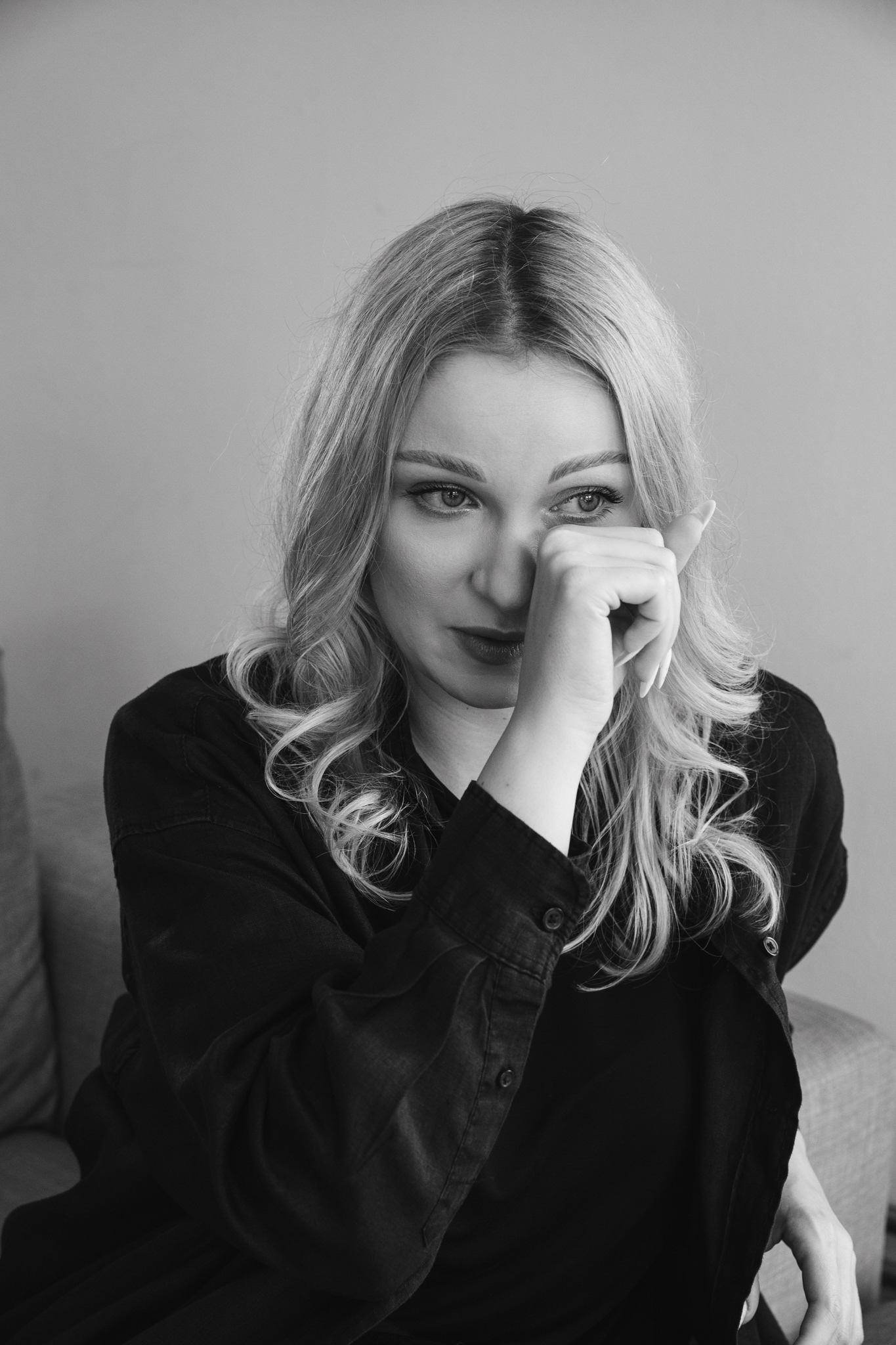
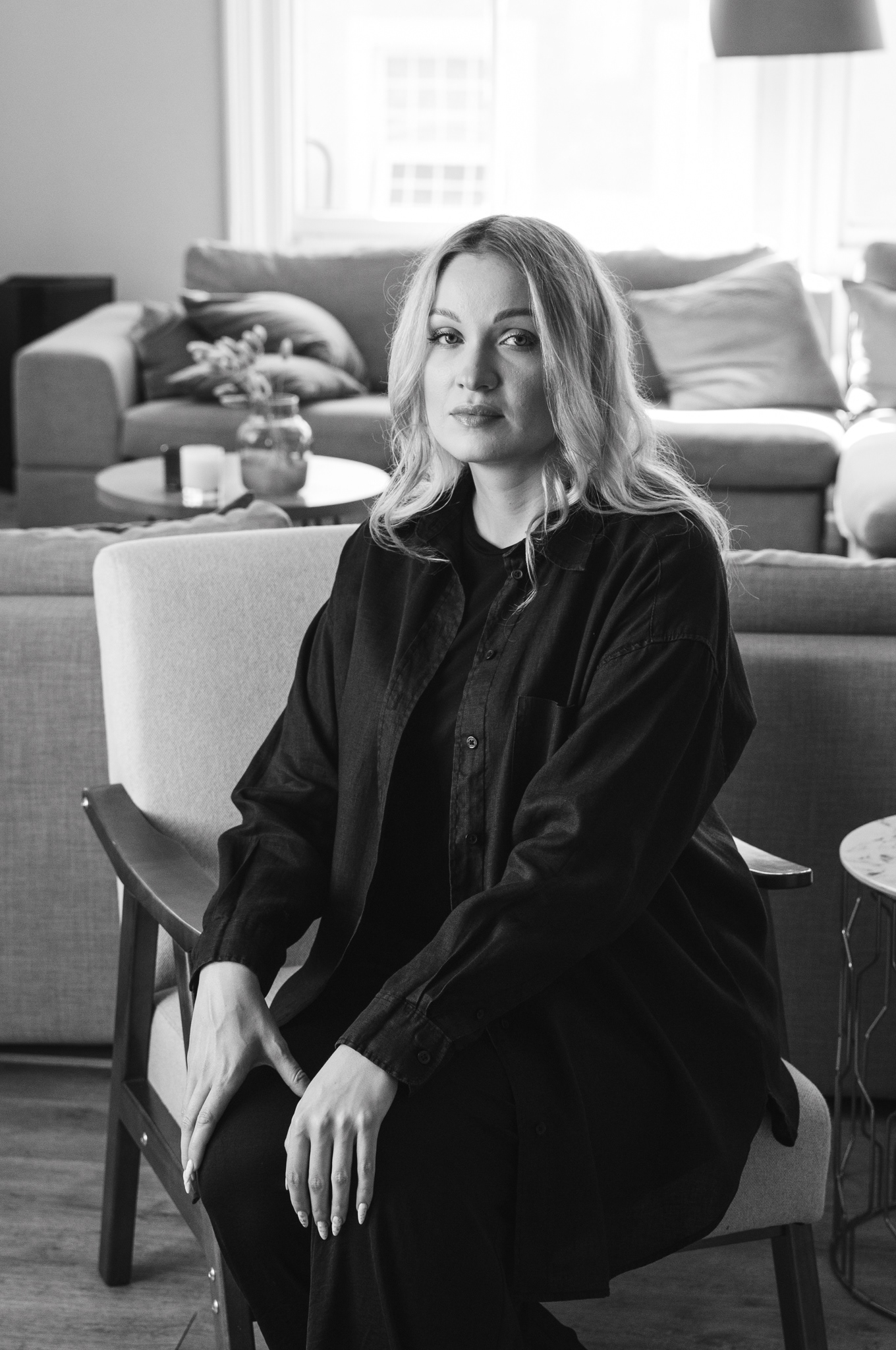
Italy: A Foreign Place and the Need to Act
Her boyfriend persuaded Dasha to leave the Ivano-Frankivsk region and go to Italy. He wanted to keep her safe while he stayed behind, living with her colleagues, who gave him shelter. In Italy, Dasha had a cousin and her daughter, so that’s where she went. It seemed like it would be a place of peace, even if temporary. But peace never came.
“In Italy, I didn't feel at home at all. It was a foreign place. I was unwanted,” she confesses. Her cousin and niece, people she had once been very close to, made it clear from the very beginning: she was a burden. “They expected me to stay for a week or two and then go back. But I couldn't go back. And I had nowhere else to go...” Dasha recalls.
When the ground disappears beneath your feet, you look for something to hold on to. For Dasha, that lifeline became helping others. Despite her personal crisis, she threw herself into coordinating volunteer efforts. She had a vast network of contacts – colleagues, friends, their friends, and relatives, and she used it.
“I just found people who needed to be evacuated – people, pets, seniors. Who could pick up whom, who to connect with… We built a whole network of coordinators. My main focus was Kyiv and the surrounding region – places I knew well,” she says.
It wasn’t just a sense of duty; it was salvation. She felt important again that she was doing something meaningful. Thanks to her efforts, among many others she helped, she managed to evacuate her cousins’ elderly grandparents from a danger zone.
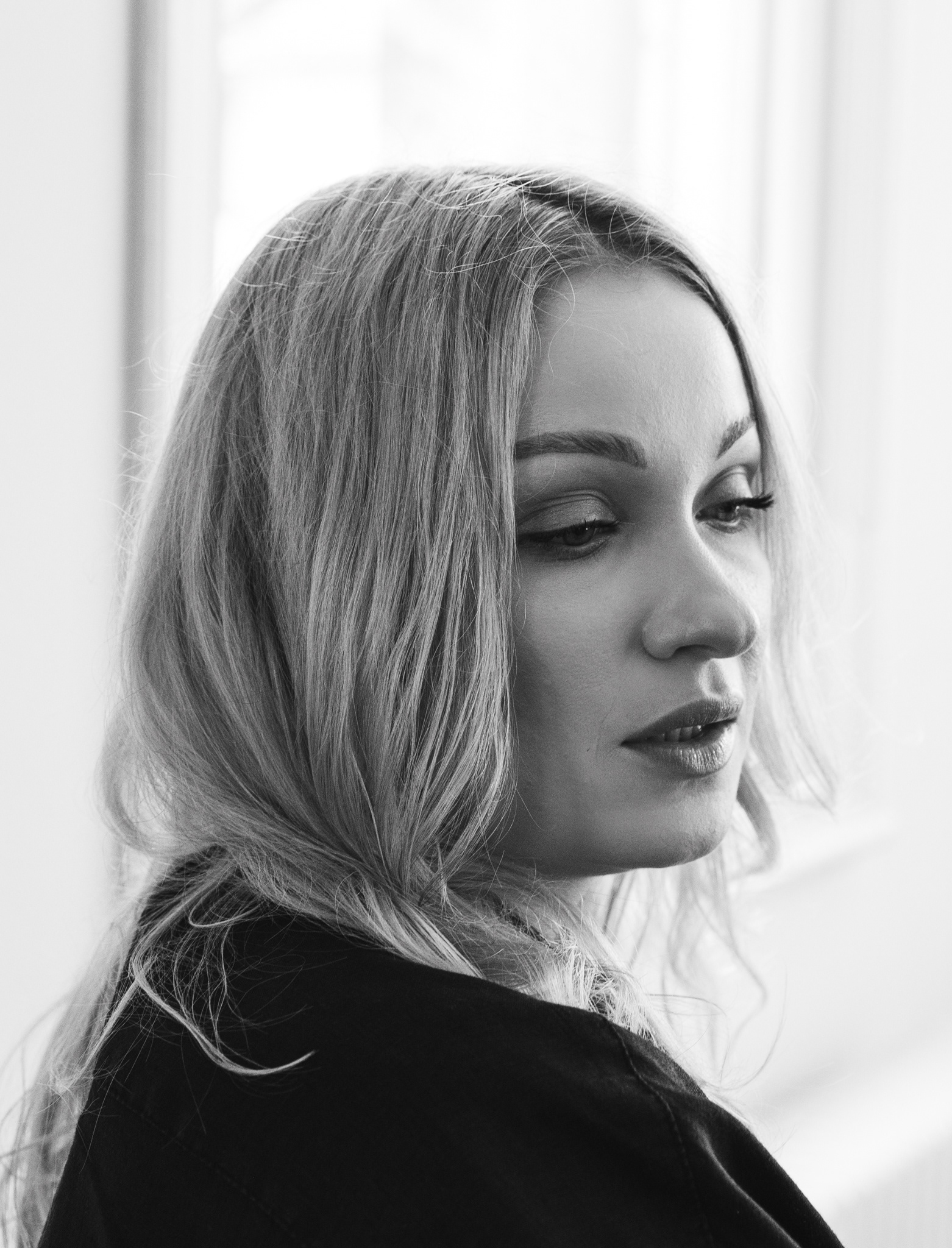
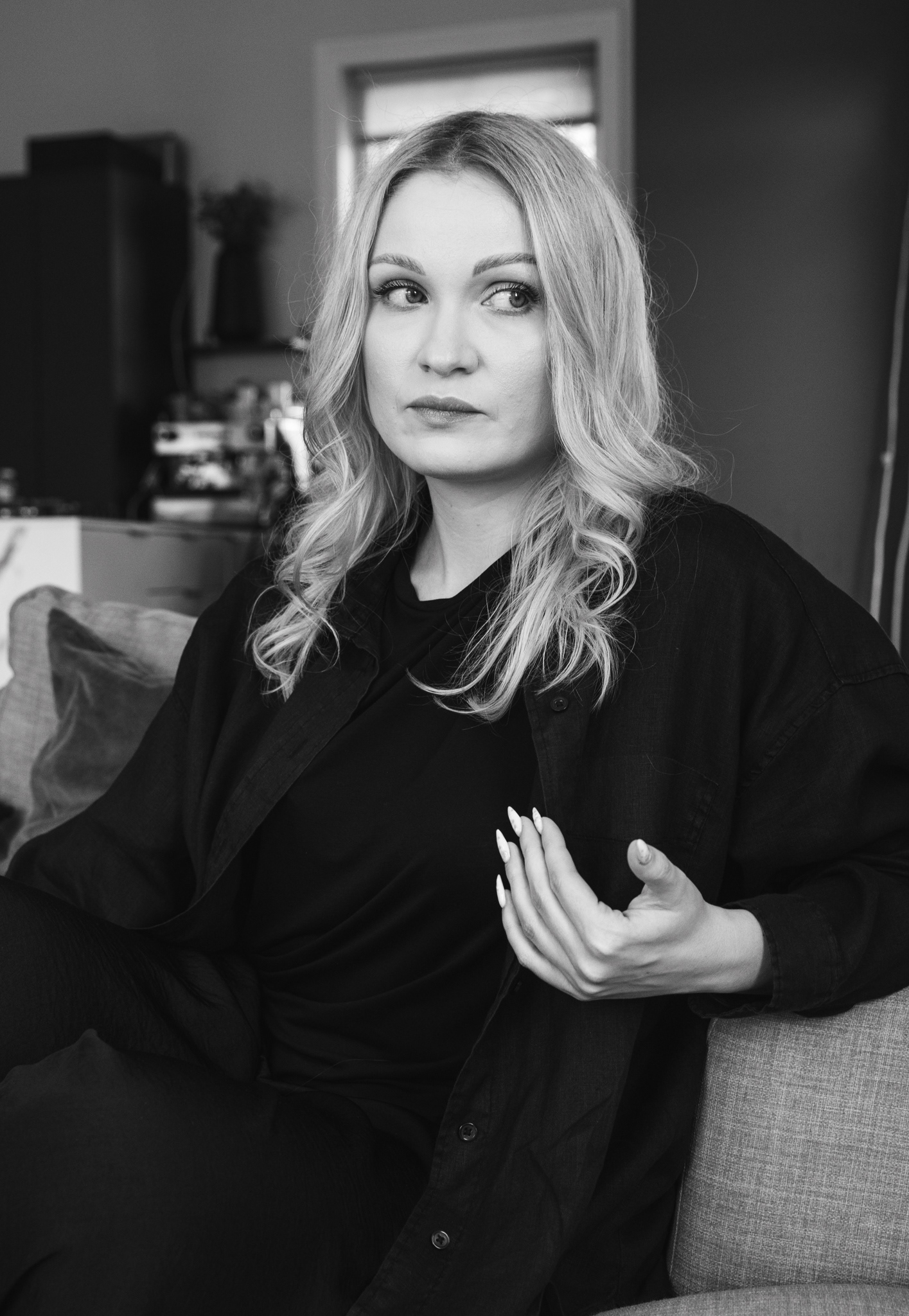
Torn Connections: The Parents She Couldn't Convince
Dasha's parents stayed in Kyiv until the ninth day of the war. By then, the city was nearly encircled. Only then did they finally agree to leave. “They just abandoned their car in the middle of the road and got on a train – no bags, just documents,” she recalls.
Their new temporary home became a monastery in Chernivtsi, where they prayed, helped out, and waited. Later, at the end of March, Dasha’s father informed her that they had crossed the border and arrived in Italy as part of the “Save Ukrainian Culture” programme.
Dasha's parents are artists from the National Opera of Ukraine. In Italy and across Europe, they performed, promoting Ukrainian culture. Their living conditions were spartan: bunk beds, six to eight people in a room. There wasn’t even space for a mattress, so Dasha couldn’t visit them. Later, when Kyiv was liberated, her mother returned home to work until retirement. Her father remained in Italy.
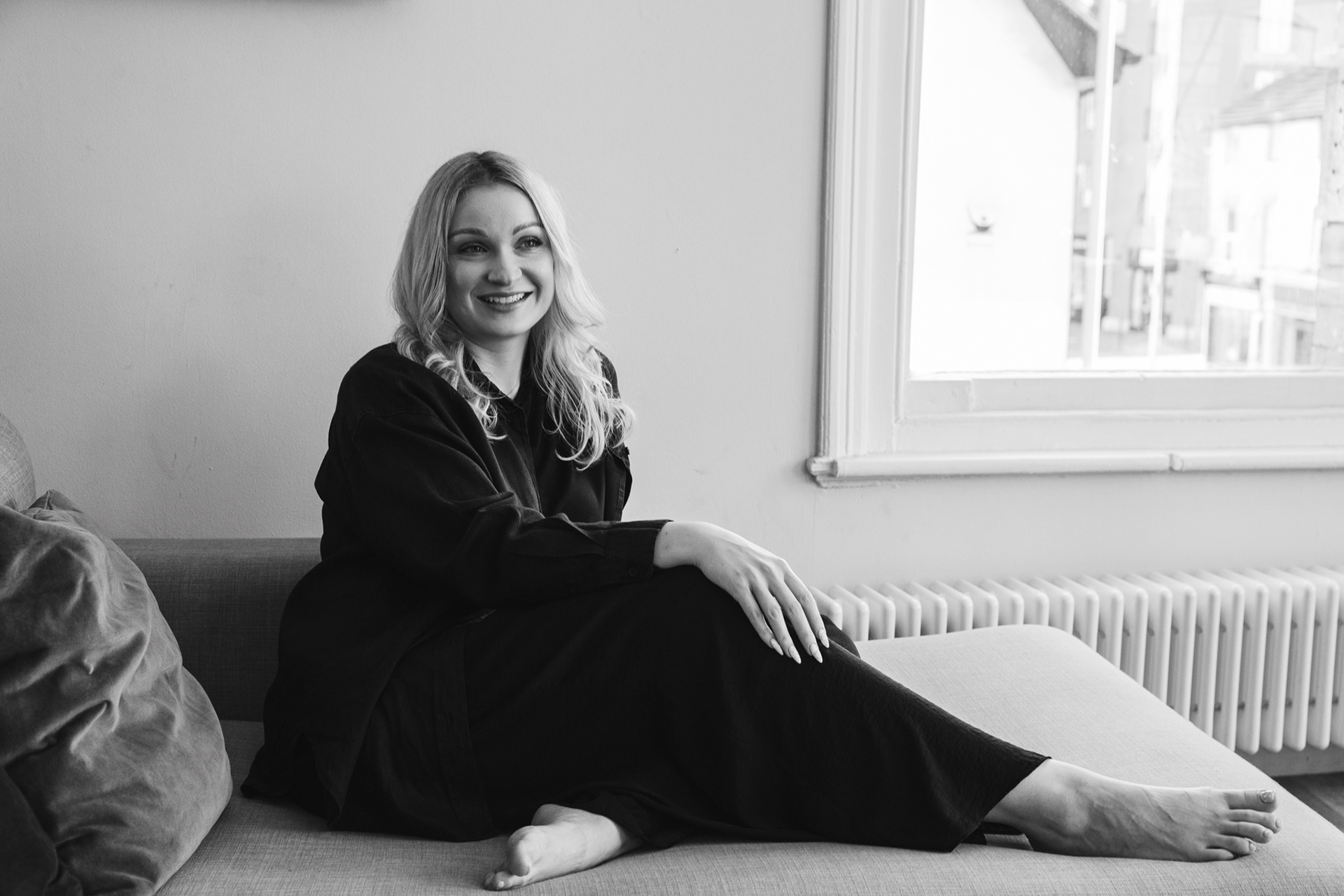
A New Shelter: A Stranger’s Home, But an Open Heart
Dasha continued to work remotely. Her company didn’t lay her off; on the contrary, they supported her financially. But living with her cousin became increasingly difficult. Eventually, Dasha made a decision: she wrote a letter to the company's management in Italy, explaining her situation. The reaction was immediate. A colleague from the town of Russi offered her a room in his house. “They prepared a room for me in literally one day. I cried from relief,” Dasha recalls.
Despite the pain and tension in her relationship with her cousins, Dasha remained grateful: “I am thankful to them for everything – for giving me a roof over my head during the scariest days. When I left, I thanked them sincerely. But since then, we’ve lost contact…”
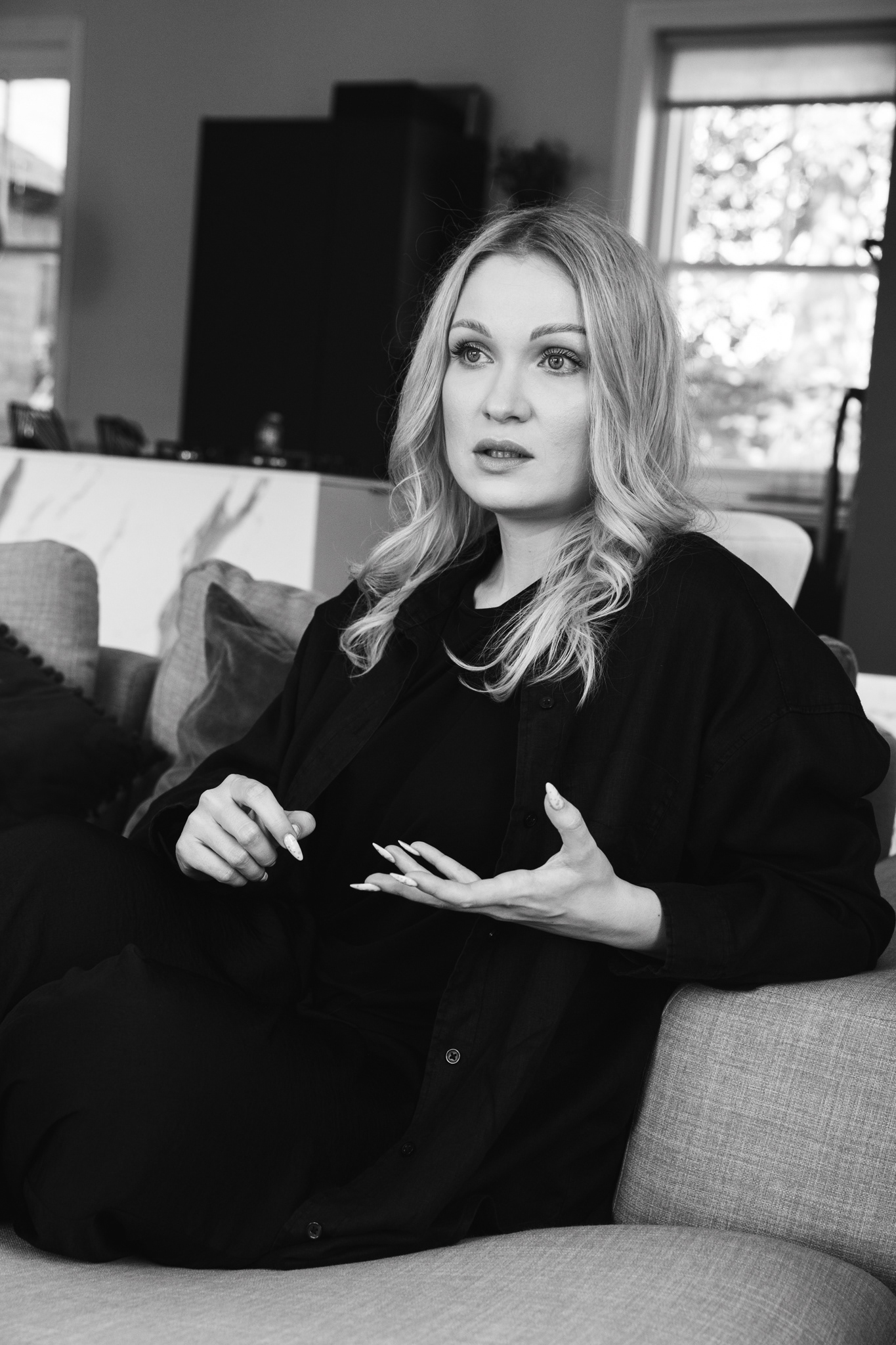
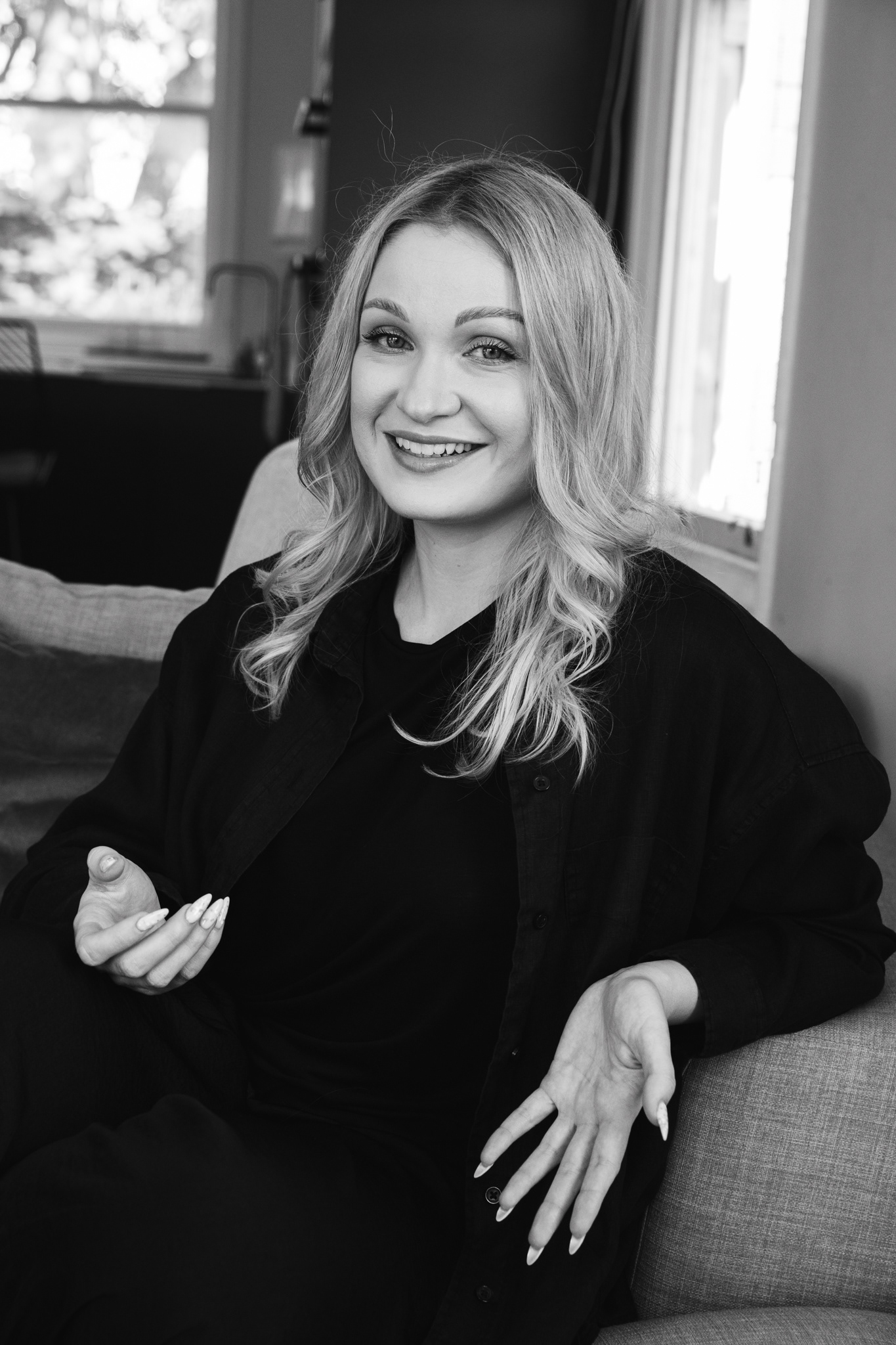
England: A Ticket to the Unknown
Dasha didn’t know where her path would lead, but she knew one thing for sure: she couldn’t stay in Italy any longer. She started looking for new options. Her boyfriend reached out to a friend who lived in the UK, and he agreed to host her under the Homes for Ukraine scheme. For the first time in a while, there was a glimmer of hope.
But the visa didn't come. Days passed in waiting. Meanwhile, her mother's friend offered her a move to Germany, where there was also a temporary shelter. Dasha packed her bags and was ready to go. Then suddenly, on a Thursday evening, two days before her planned trip to Germany, the UK visa confirmation arrived.
“I remember that moment like it was yesterday. It felt like a sign. I knew they were waiting for me there. I knew I could start everything from scratch,” she says.
On May 7, 2022, Dasha arrived in the UK – to a family that had opened their home and hearts to her. The town was Swindon. Life was starting again from zero.
It was the Ryzhuk family – people with big hearts. “I still recall with warmth how they welcomed me. So sincerely, so caring, with attention to every little detail. For the first time in a long while, I felt not like a burden, but like a guest who was awaited,” she says.
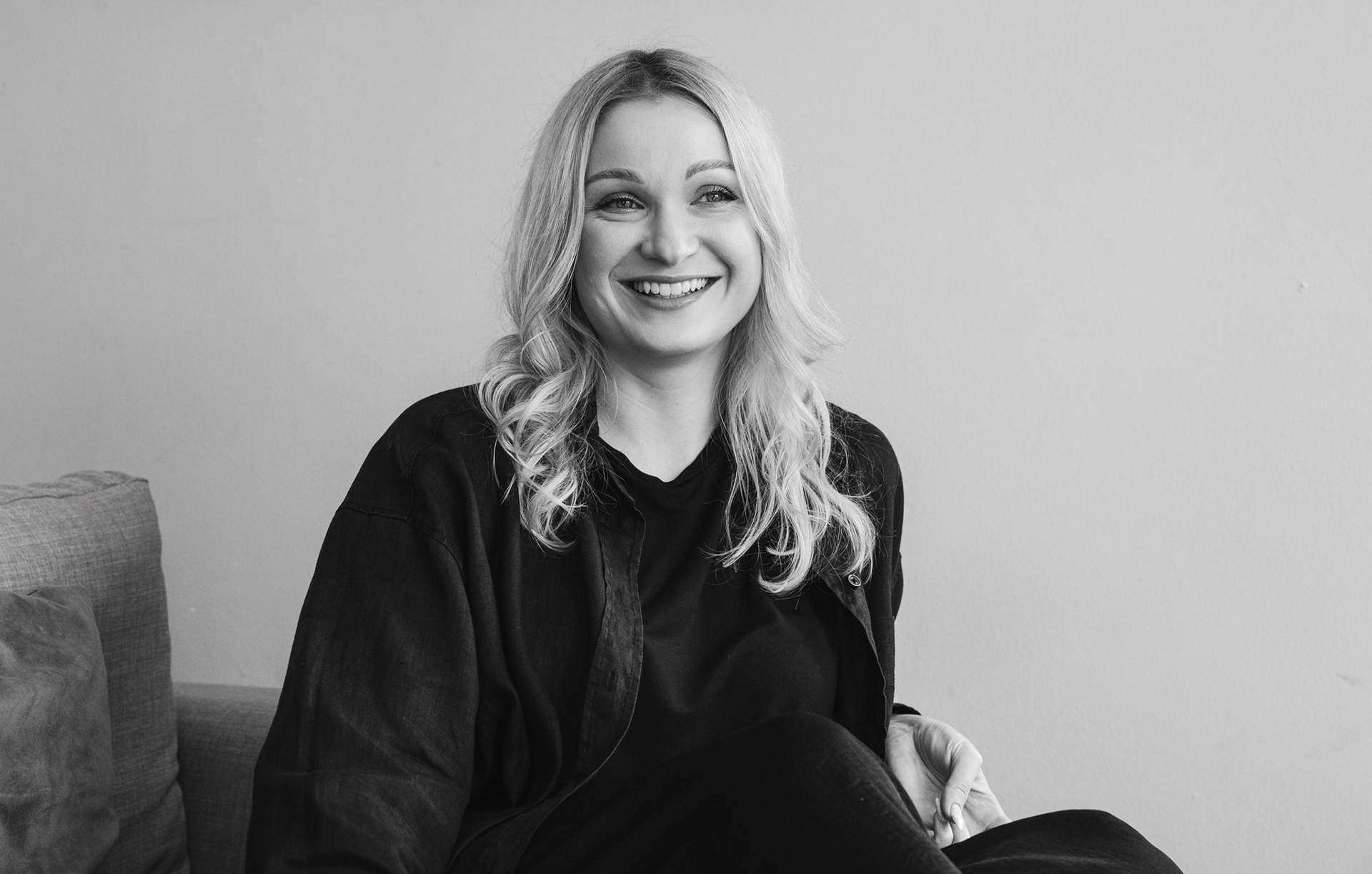
A New Office, a New Country, a New Language
In October 2022, Dasha’s company offered her an equivalent position in the British office. This time, she would be responsible for the UK and Ireland markets. It was a step forward, but also a challenge.
“I moved to Cambridge. I rented an unfurnished apartment. It was difficult, but my friends helped me, and I made it through,” she says.
It wasn't daily life that was the hardest part. The office was. “99% of my colleagues were British. Many of them spoke with such strong accents that I simply couldn’t understand what they were saying. I would come home completely exhausted, I could physically feel my brain overheating,” she recalls of the first few months.
But she didn't give up. She asked people to explain things more slowly, asked questions, took notes, and kept learning. And after just six months of full immersion, everything changed: “My English improved to the point where I was no longer afraid of emails, calls, or any meeting. I could handle it all.”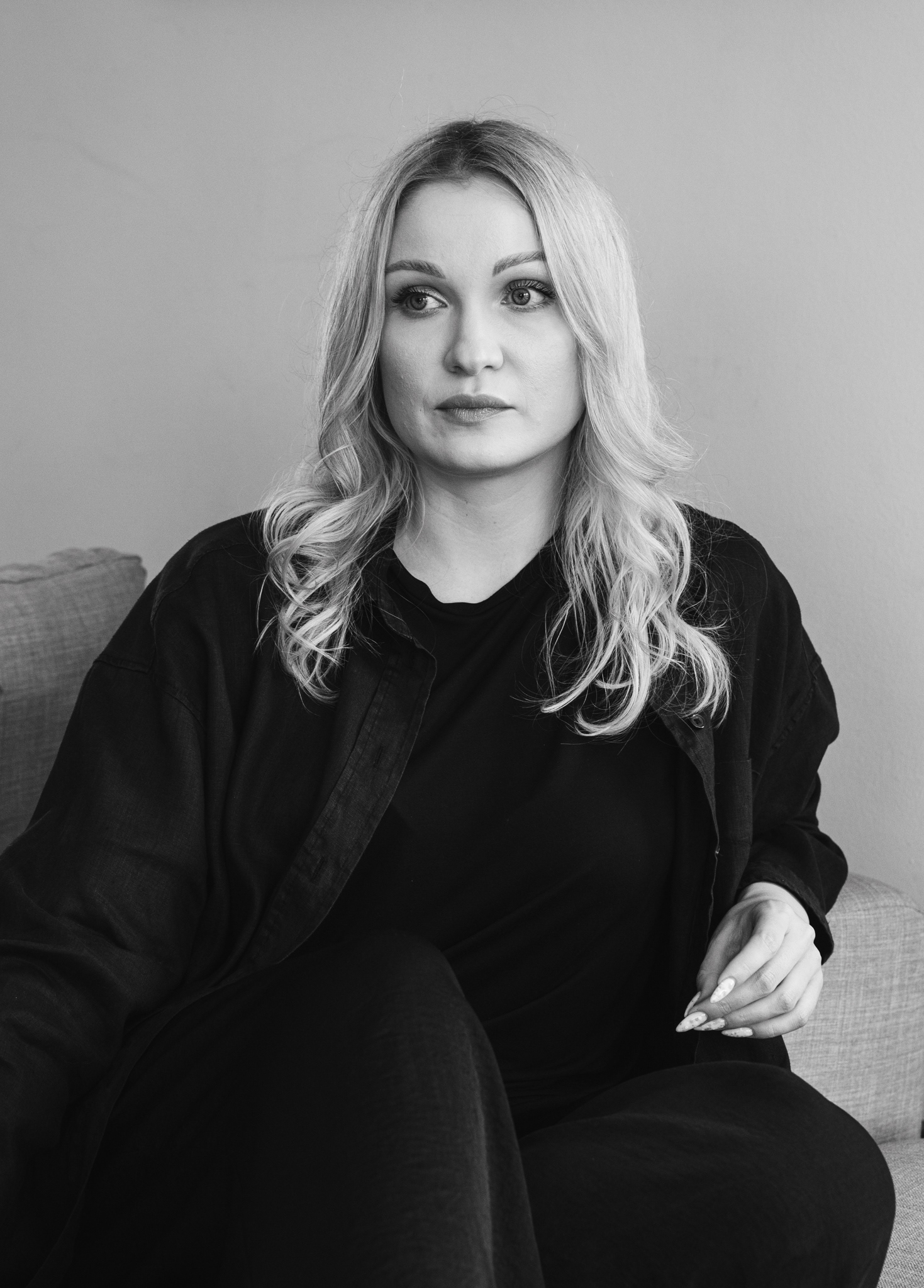
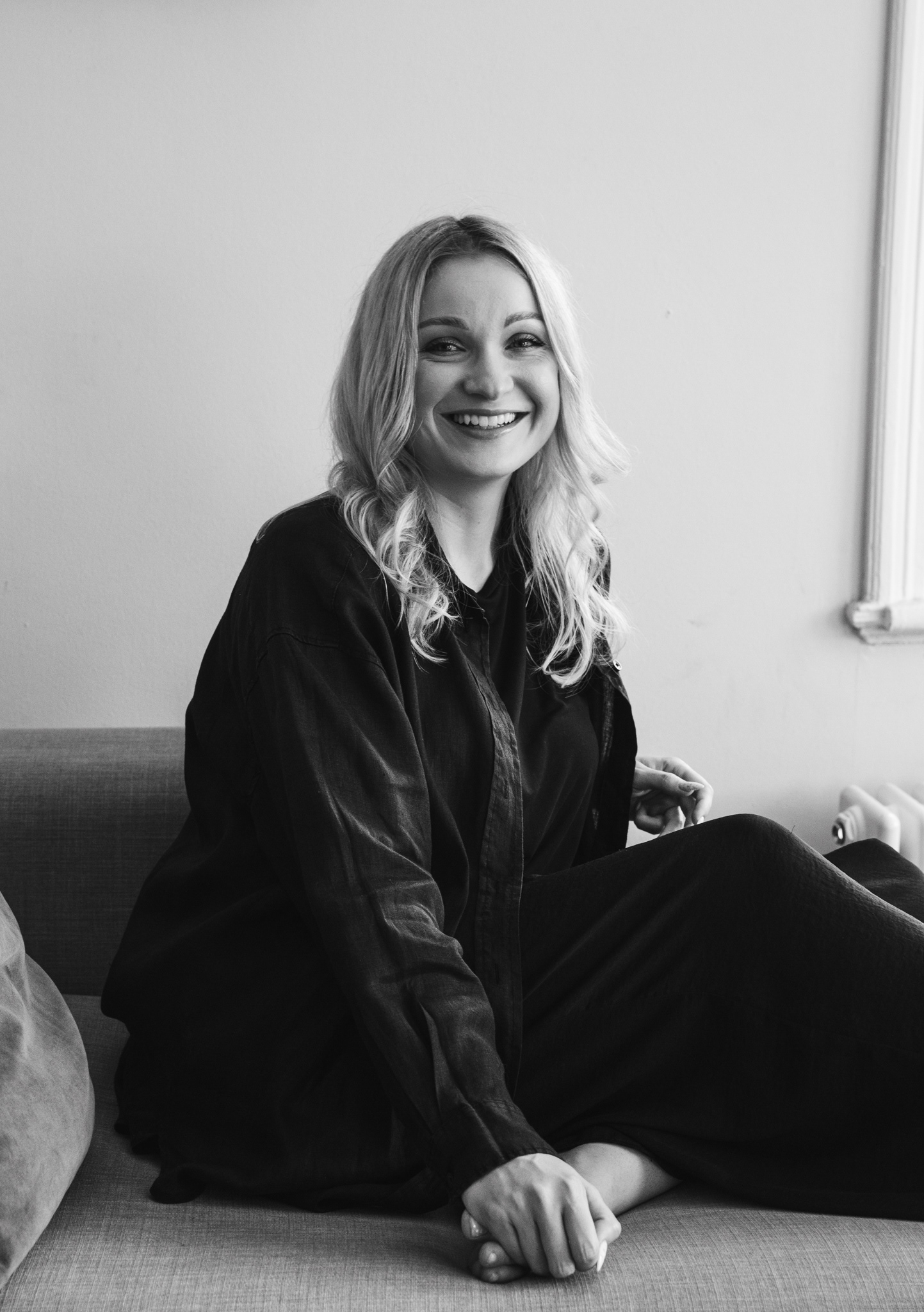
After the Rise, a Fall
It seemed like life had finally started to stabilise. But a year and a half later, the company faced a crisis. Losses in the Ukrainian and Russian markets forced it to downsize. Dasha was laid off, and it came as a crushing blow.
“The most terrible part was that I was being prepared for a promotion. I was already doing the new responsibilities. They told me that from the New Year, I'll get a new position. And instead, I was laid off,” she says with pain.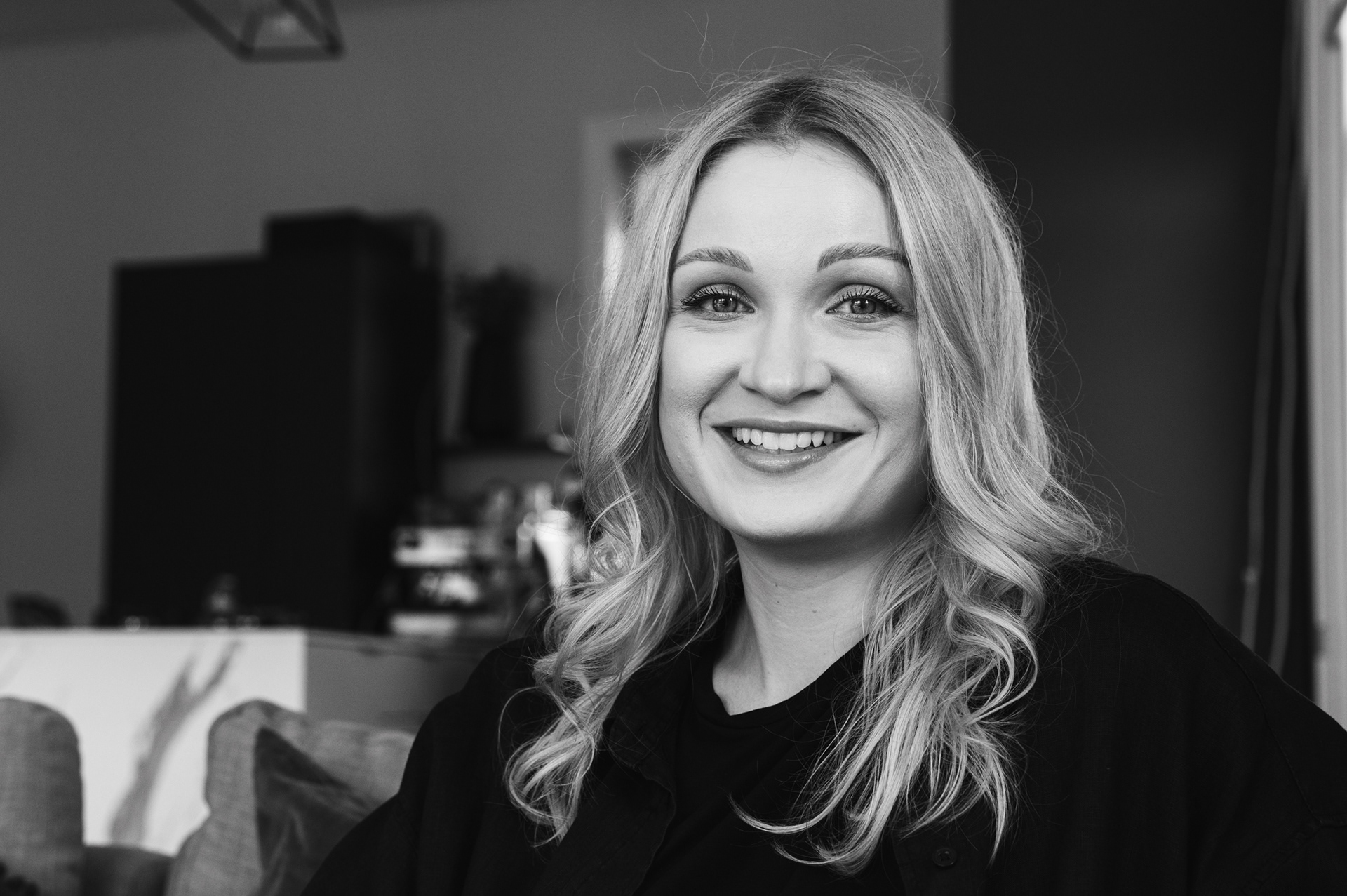
Darkness Within: Depression and the Fight for Herself
Being laid off was not just a professional loss for Dasha. It was a blow to everything – stability, confidence, and the future. “I didn’t know what tomorrow would bring. I was paying rent, supporting my parents, helping my boyfriend in Ukraine. And suddenly there was just... emptiness,” she recalls.
She was alone, jobless, in a foreign country. A period she calls the darkest chapter of her life: “Those were probably the most terrible three months. Not even comparable to the start of the war.”
Symptoms appeared that were hard to ignore: exhausting fatigue, apathy, procrastination, and no energy to even get out of bed. “I just lay there, staring at the ceiling. I had no strength to even leave the house. I felt destroyed,” she says.
British doctors diagnosed her with depression and offered medication. But Dasha refused, afraid of dependence. “I just wanted to get through it. I wanted to find myself, not numb the pain with pills.”
As if the trials weren't enough, during the same period, she was accidentally diagnosed with a tumour. “I had gone to Ukraine for a few days before starting a new job, just for a routine check-up. And suddenly, there it was – the diagnosis. I guess the stress and depression had caught up with me,” she says. Doctors in the UK confirmed the diagnosis and recommended surgery. Dasha was again on the edge – physically, mentally, and financially.
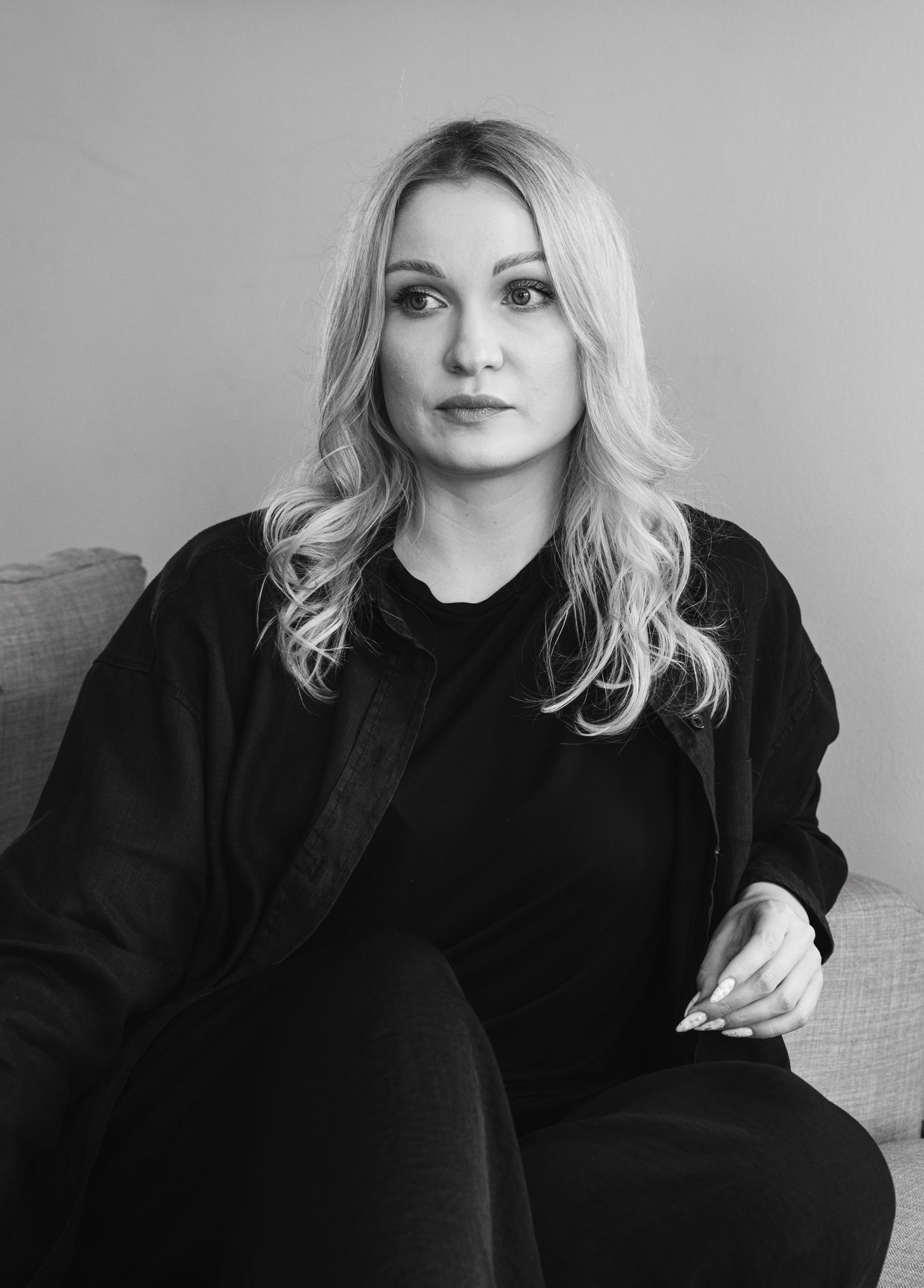
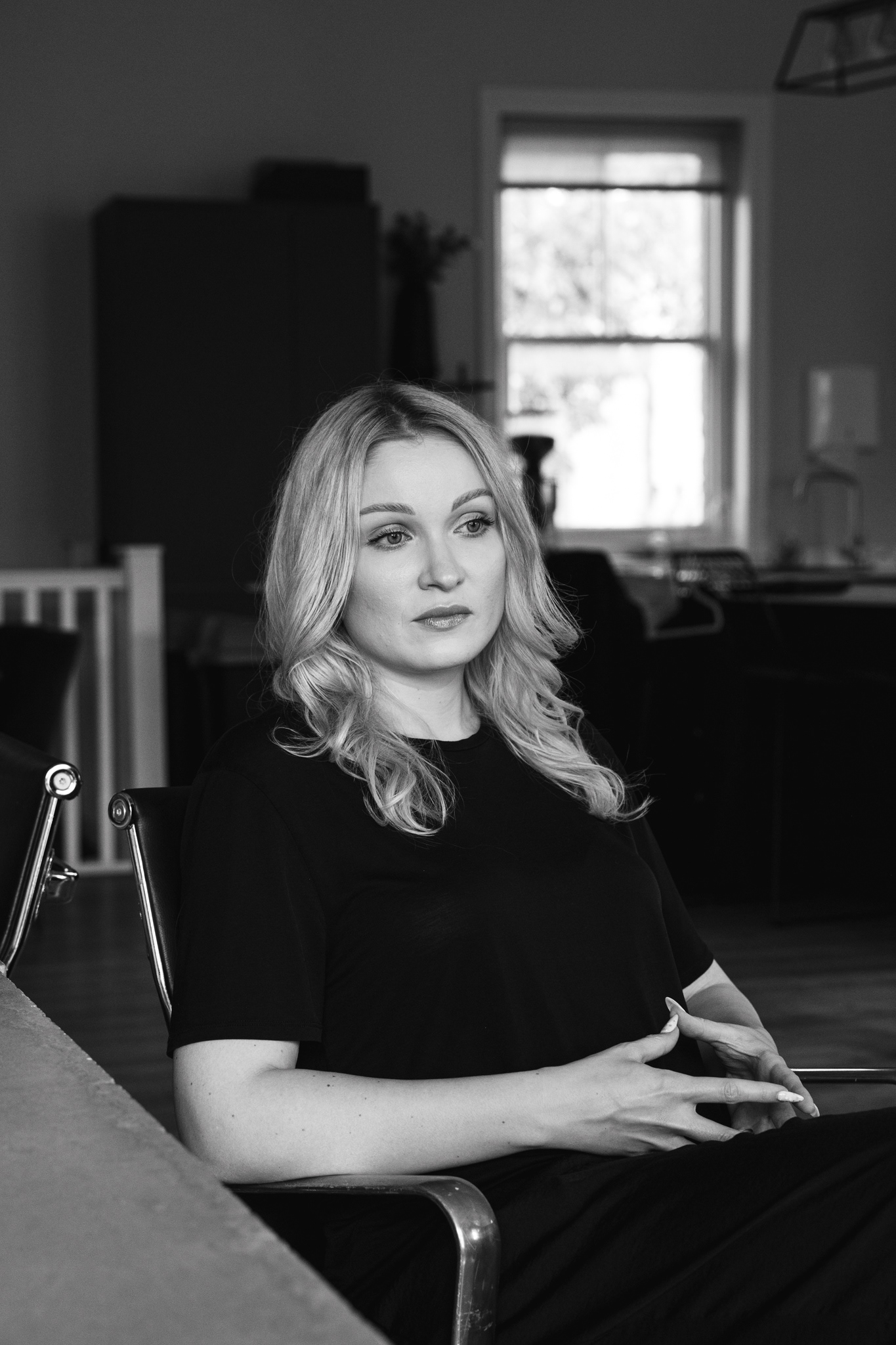
Step by Step Back to Life
She knew: either she would give in, or she would rise again. And she rose.
“At first, I just forced myself to get up, then to drink water, then to open my laptop. Tiny goals every day,” she shares.
Her friends and parents called and messaged every day. That support became like a lighthouse in the dark, reminding her that somewhere, there was still light. “I started reading again. Listening to music. Looking for anything that would distract me from the constant anxiety.”
At the same time, she was actively looking for a job. She submitted over 1,000 applications, repeatedly reaching the final stage – and each time, she wasn't chosen. She set herself a deadline: six months. Otherwise, she would return to Ukraine.
To save money, she moved from an apartment to a room and started receiving minimal state assistance. And she held on.
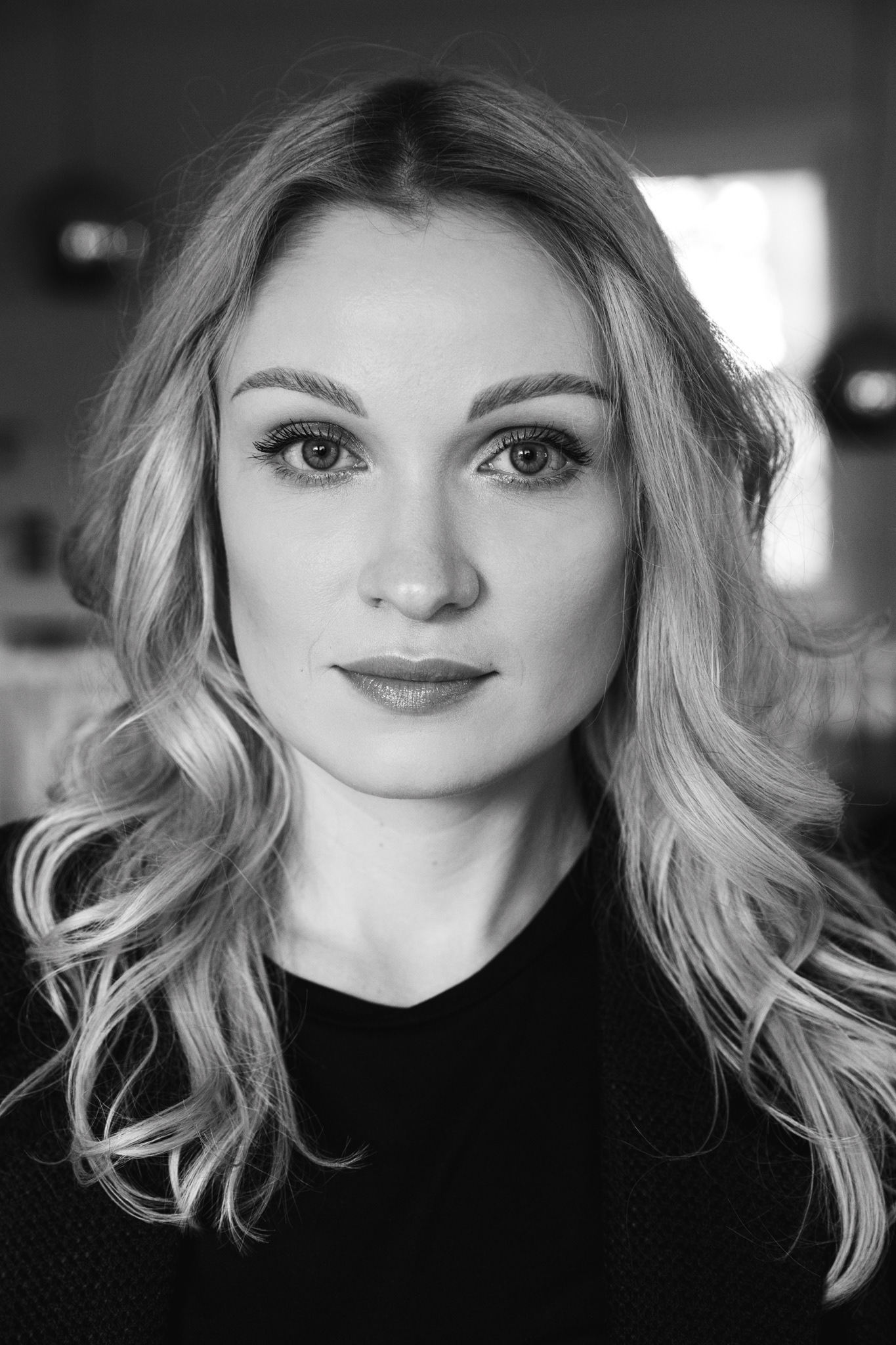
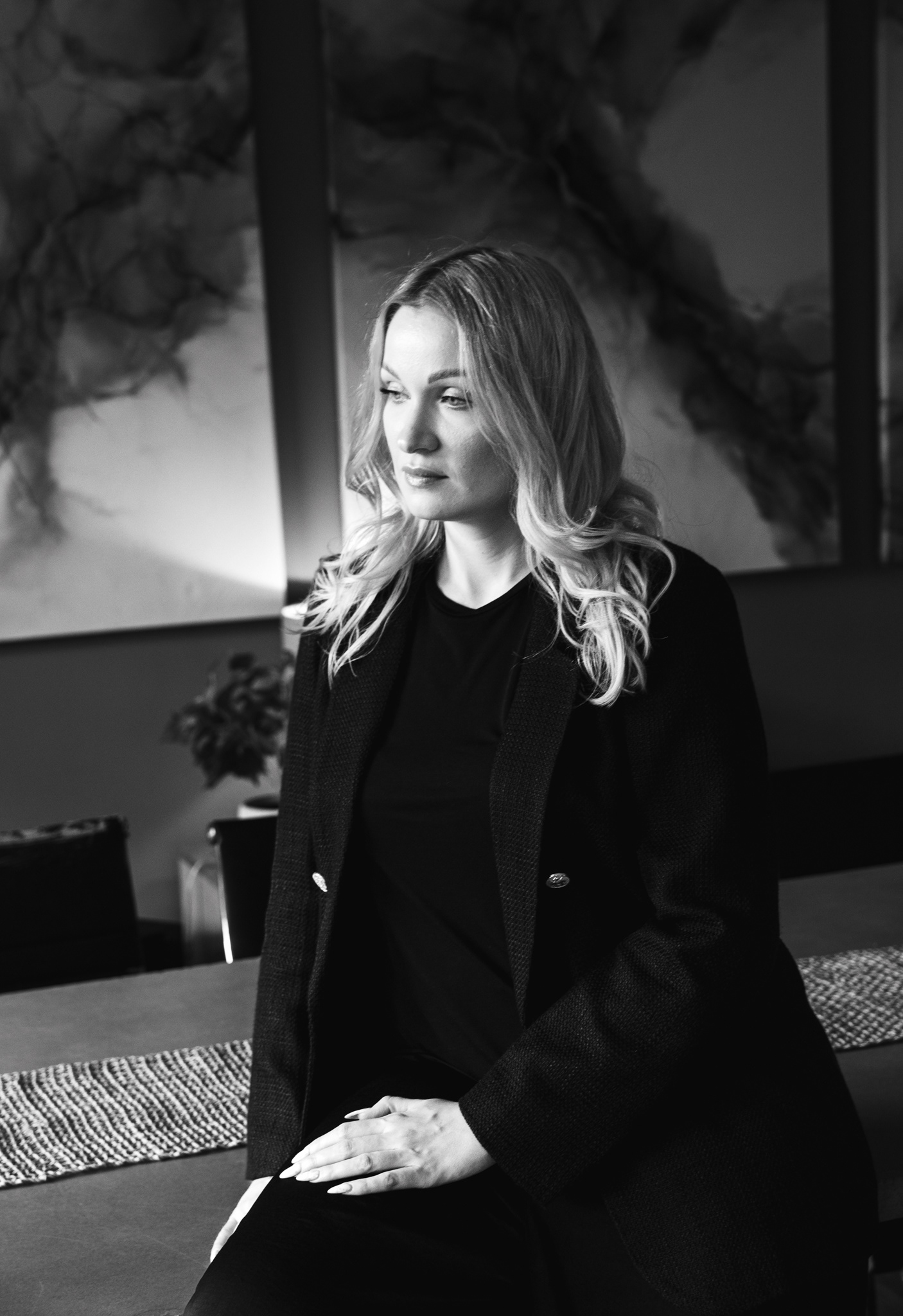
Back to Herself
And then – it happened. One day, she received two job offers at once. She chose the one that offered stability. A new job. A new team. A new start. “In less than a year, I was already promoted. That was the proof – I did it. I'm back in my place. I'm alive. I'm strong.”
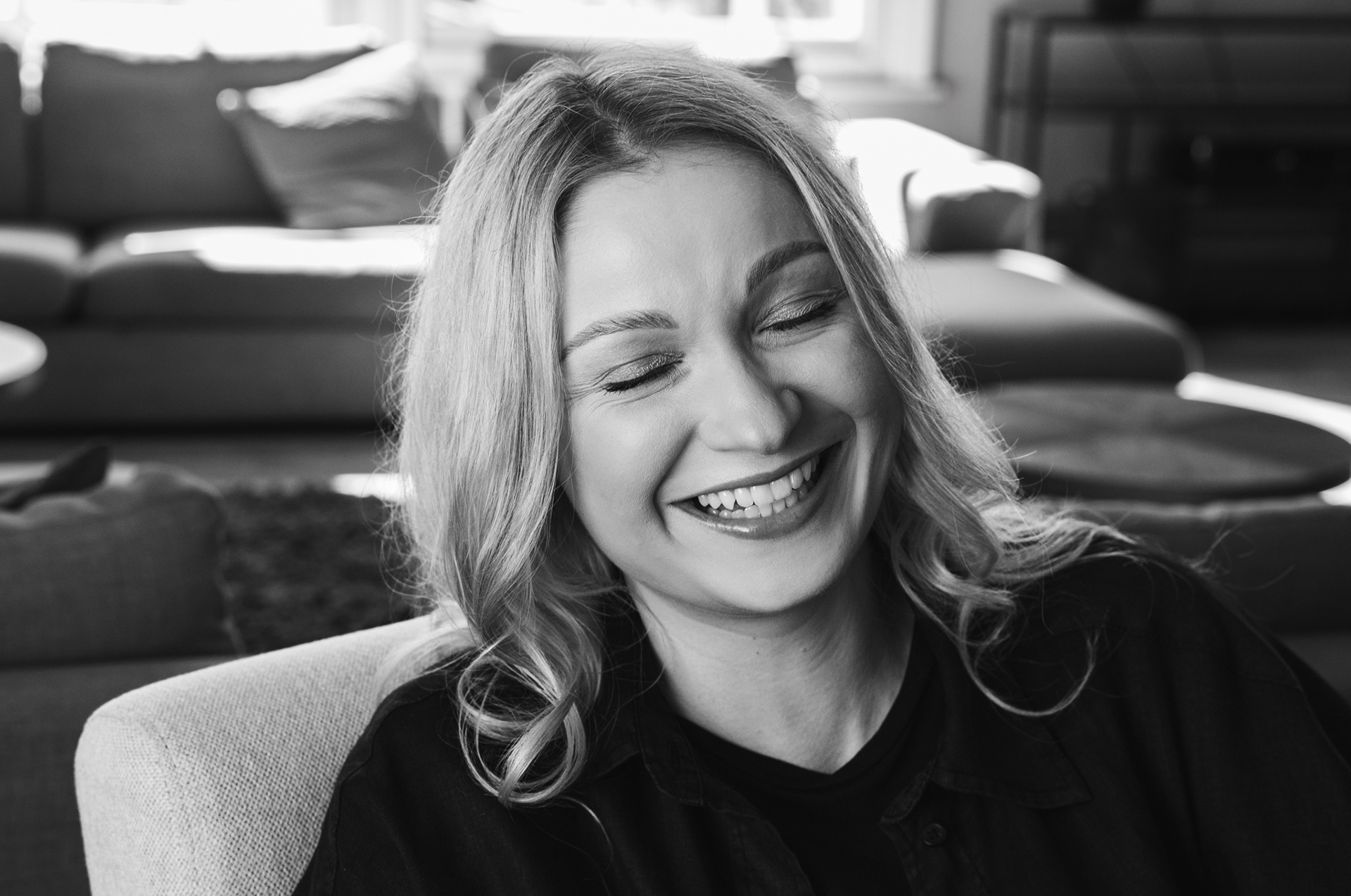
Love at a Distance: A Relationship That Couldn't Withstand the War
At the beginning of the full-scale invasion, Dasha was in a relationship. Her boyfriend stayed in Ukraine; he was the one who insisted that she leave the country to stay safe. For a long time, they held onto hope: this would end soon, and things would return to how they used to be.
“We believed the war would end soon, that it was temporary. That we’d just get through it and come back to each other,” she recalls.
But time passed, the war continued, and Dasha's life changed. She was building a new reality, learning to live in a different country, work, and speak a different language, while rediscovering herself. The distance between them became not only physical, but also emotional.
“One day, he told me: You have to choose – are you staying or are you coming back?” she recalls. But for her, it was no longer just a question of geography; it was a question of her path. She stayed. And they broke up. No drama. No harsh words. Just two people who couldn’t overcome the weight of circumstances.
“We're not enemies. We broke up because that's how it happened. He saw how I was changing, how I was adapting. And, I think, he subconsciously understood: my place was no longer beside him,” Dasha says.
Despite the breakup, she continues to maintain a connection with him and his family. Her mother still talks to him; he lives nearby and helps out. The warmth didn't disappear; it just transformed.
“He's closer to my mom than I am now. And I'm grateful to him for that.”
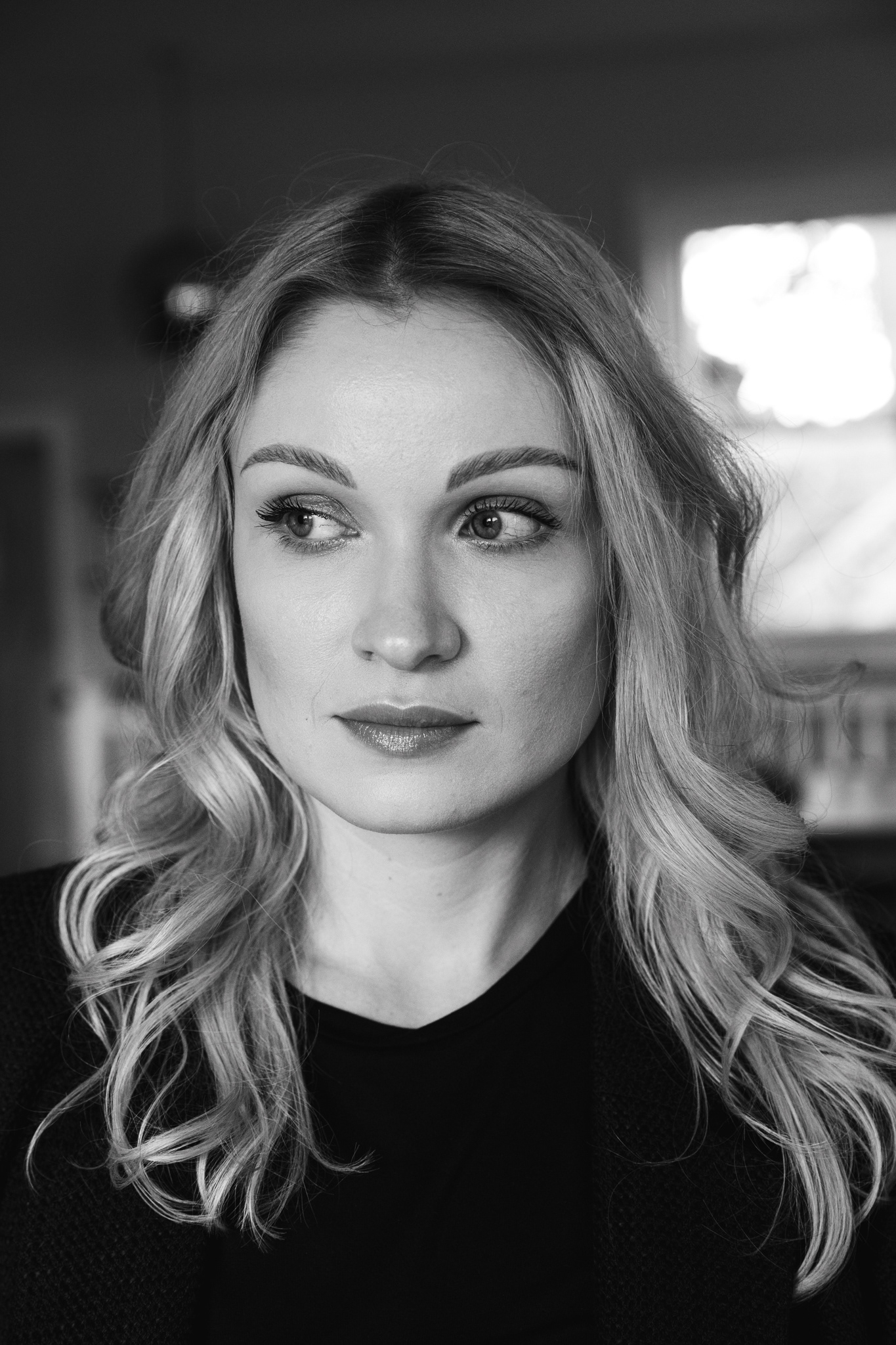
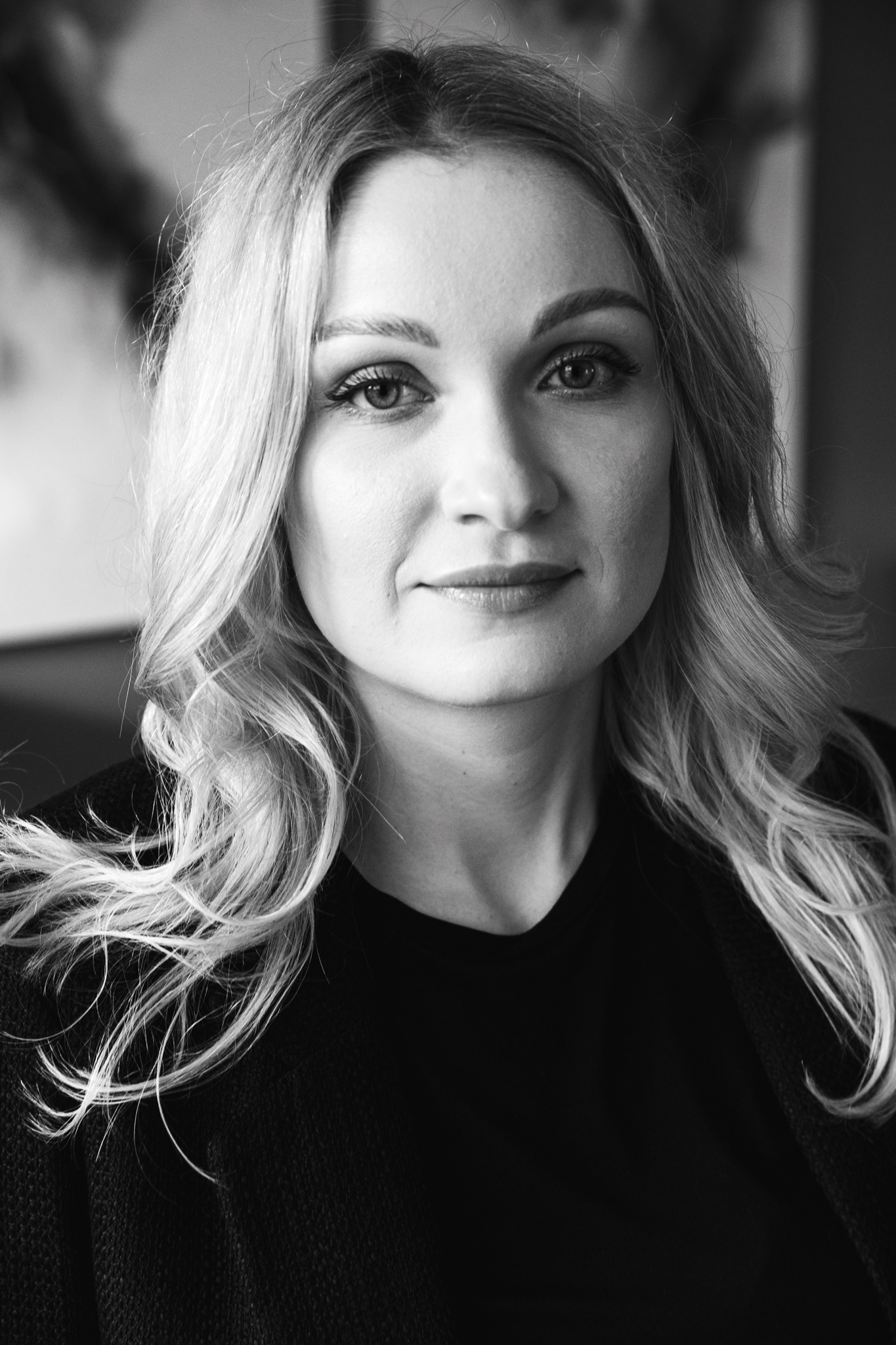
What Now: Living with War in Your Heart, Even from Afar
Time has passed. The country has changed. So has she. But one thing remains unchanged: her connection to Ukraine.
“Every day, I open the air raid map. If it's a drone, I can somehow hold it together. But if it's a ballistic missile – I get stressed and call my mom right away,” she says.
This is more than a habit. It's a reflex now. An instinct. This is how the heart of someone who is far away but not disconnected beats. Someone who builds a new life every day from the fragments of the old. Someone who smiles at work but, in her head, calculates: how many seconds it takes to reach a shelter. Her path is the path of thousands of Ukrainians, but at the same time, there is something unique about it. It's the story of a girl who left her home without knowing where she was going. Who lost everything – her job, her love, her health, and started over. Who learned a new language in a foreign land, found a new job, underwent surgery, and rose again.
This is the story of a woman who didn't give up.

